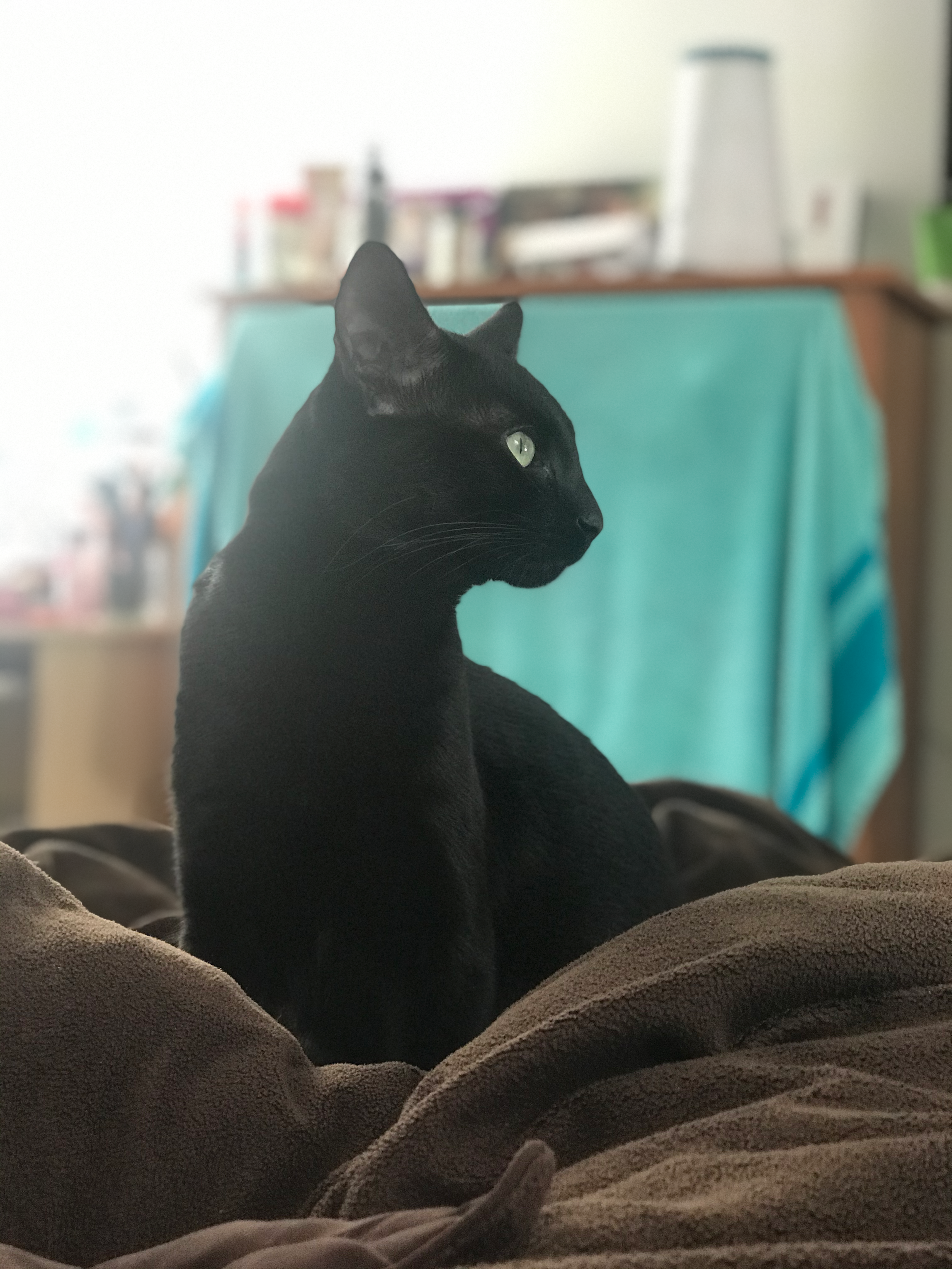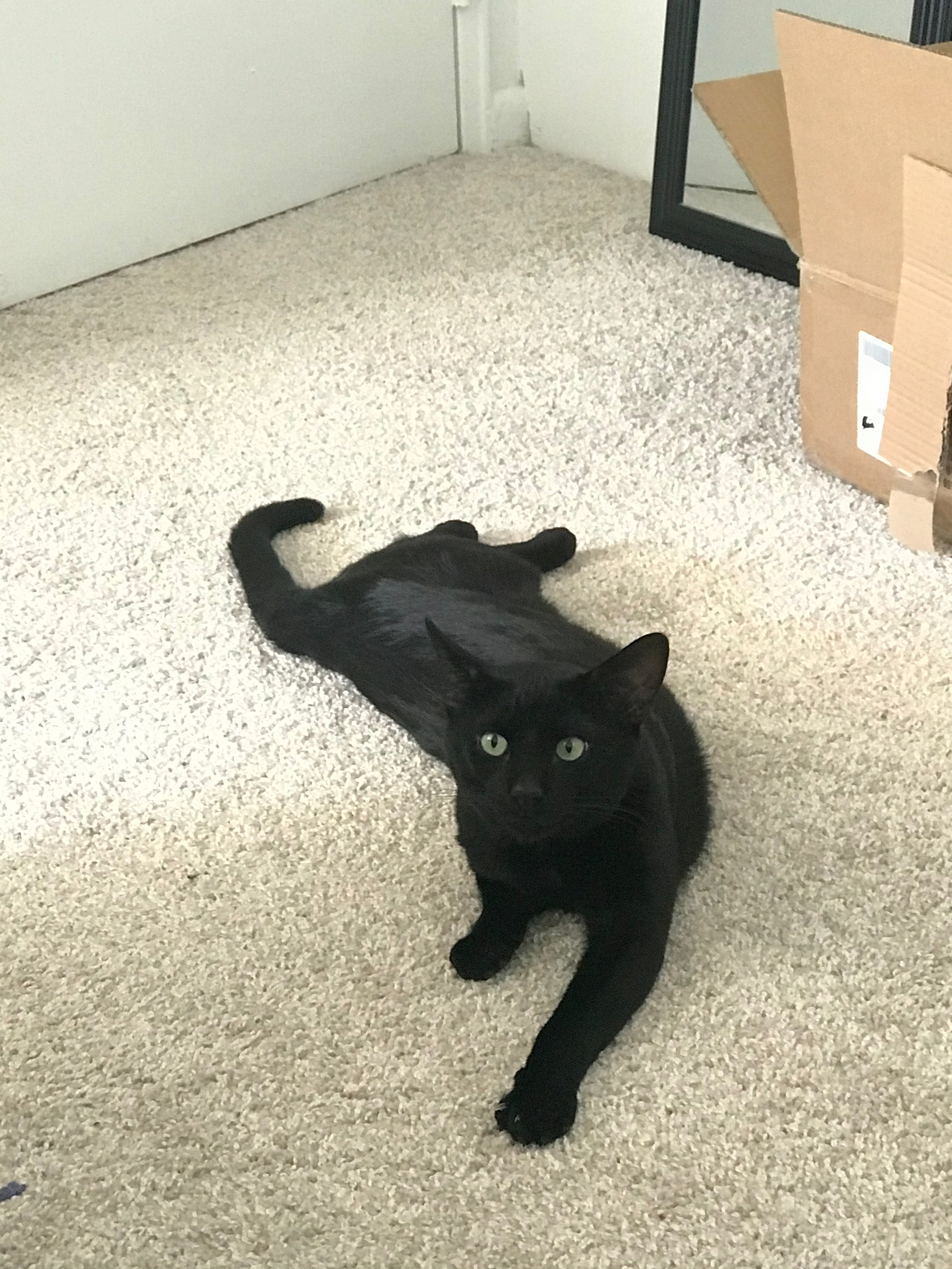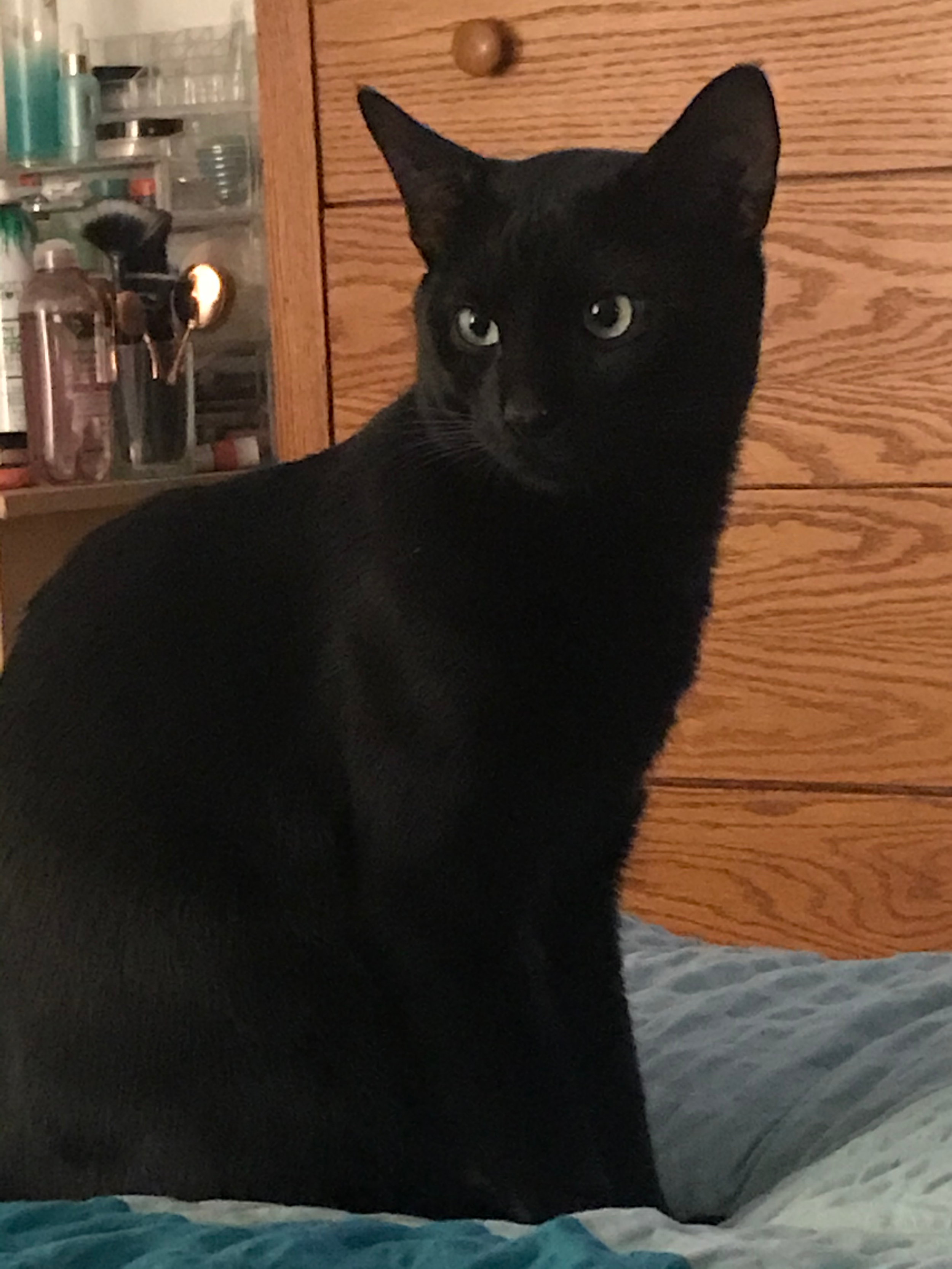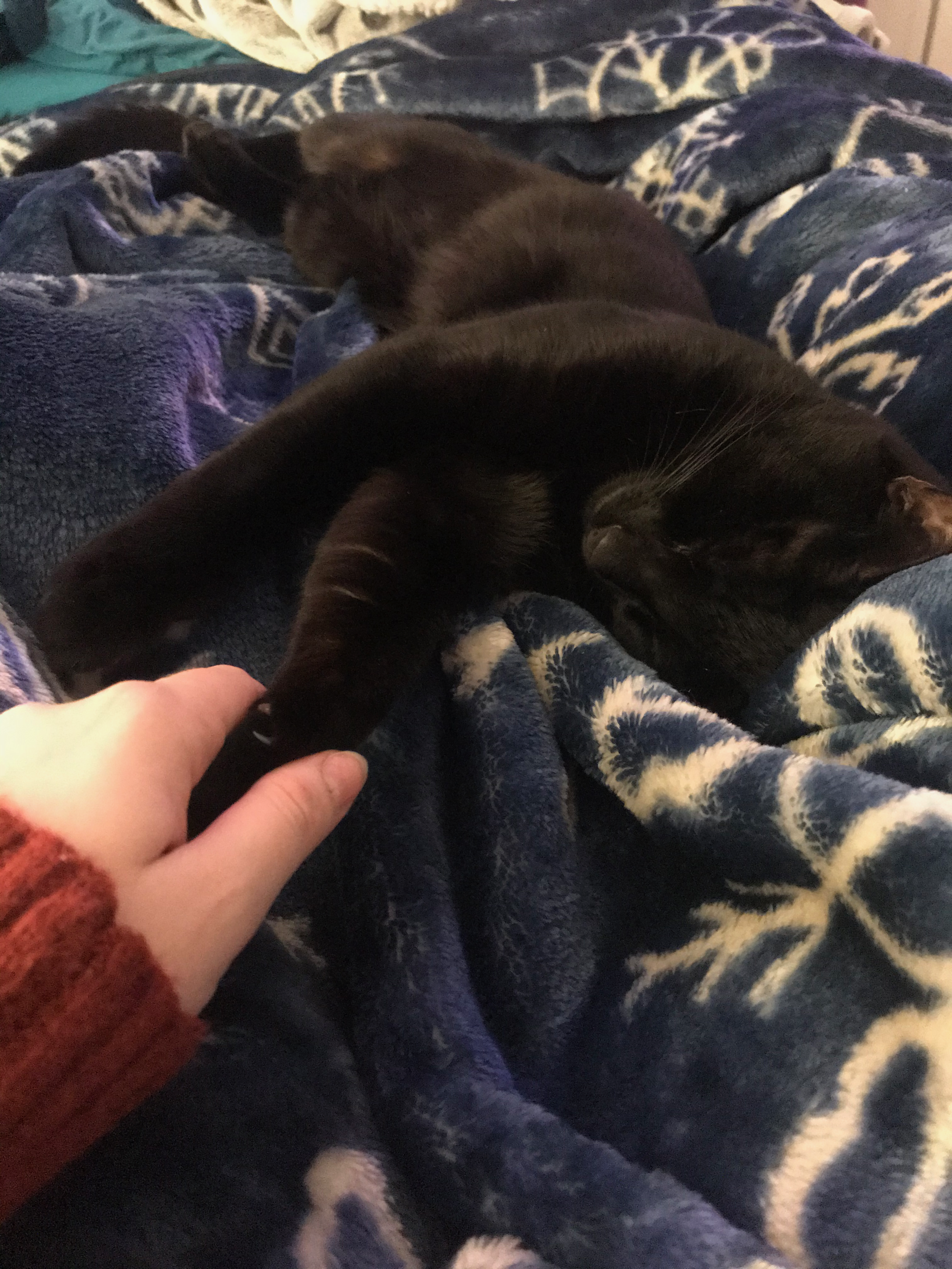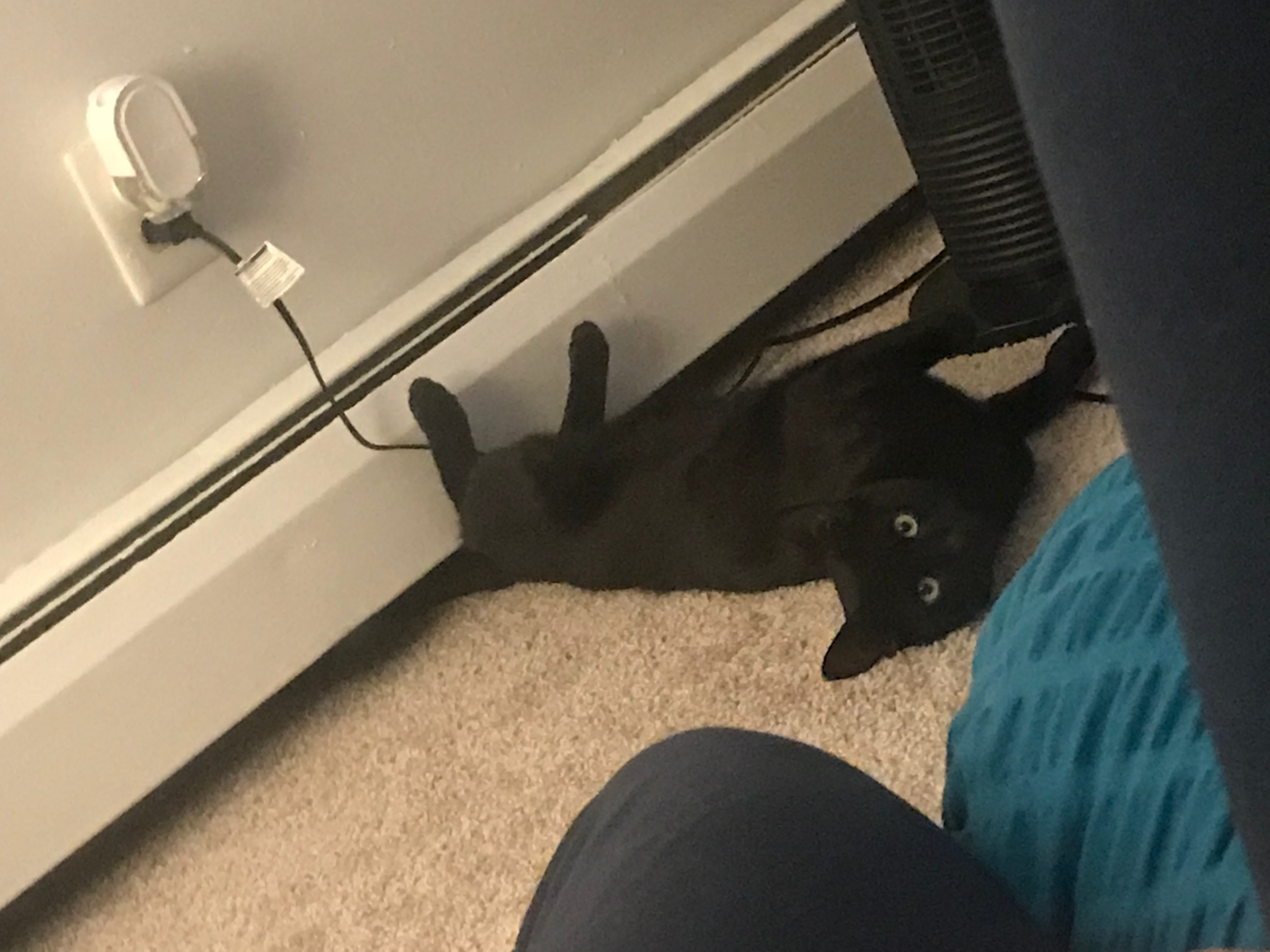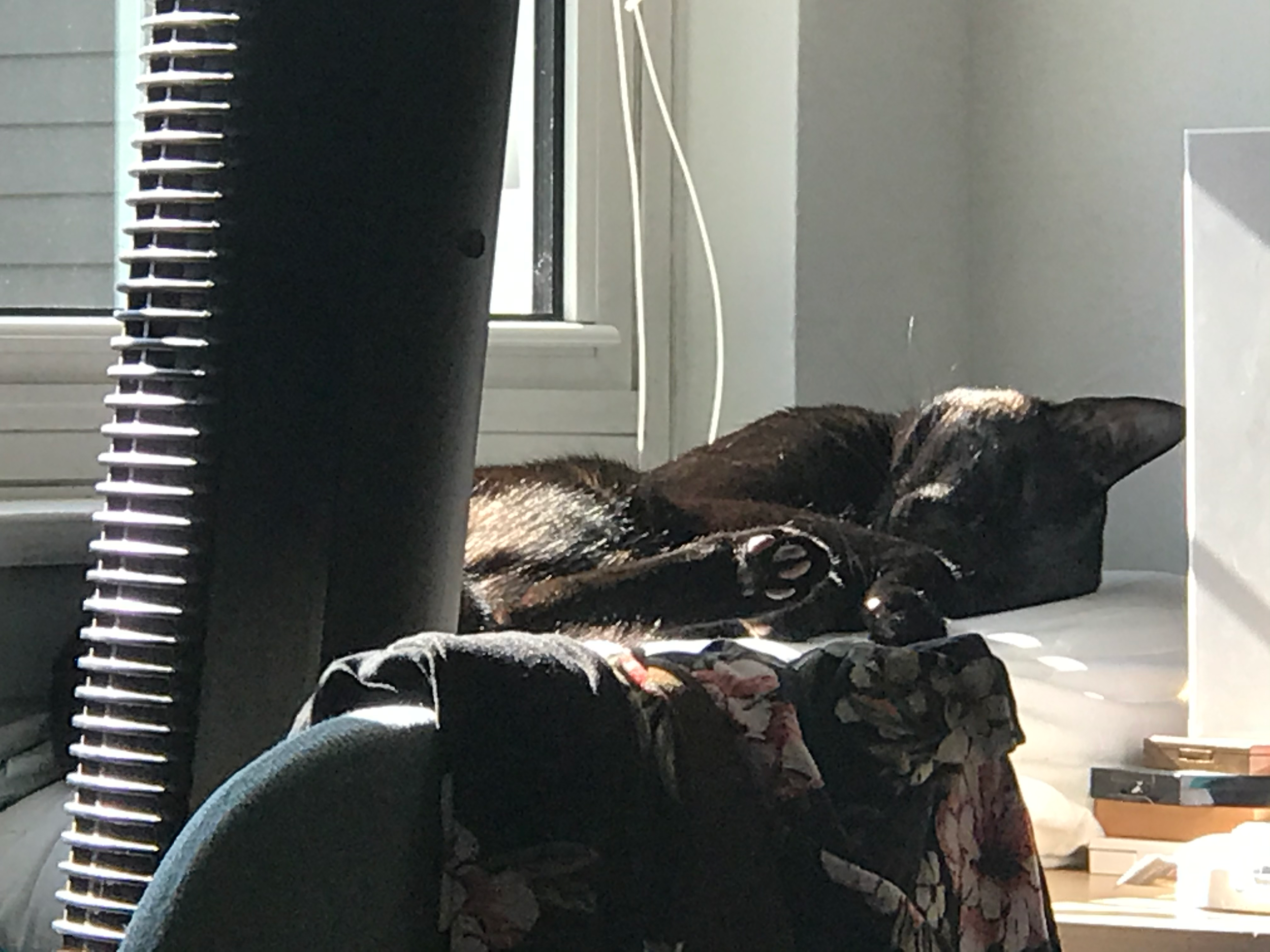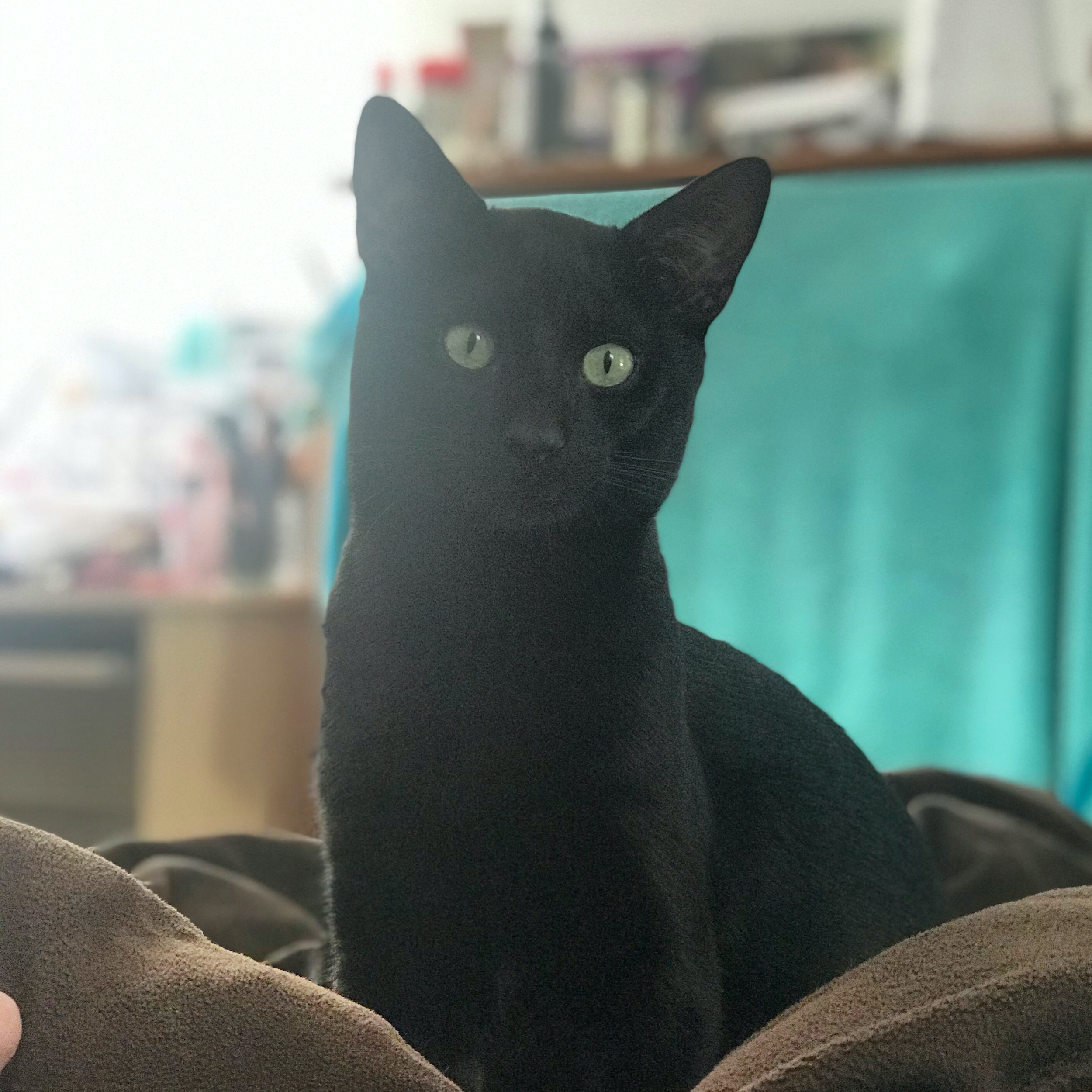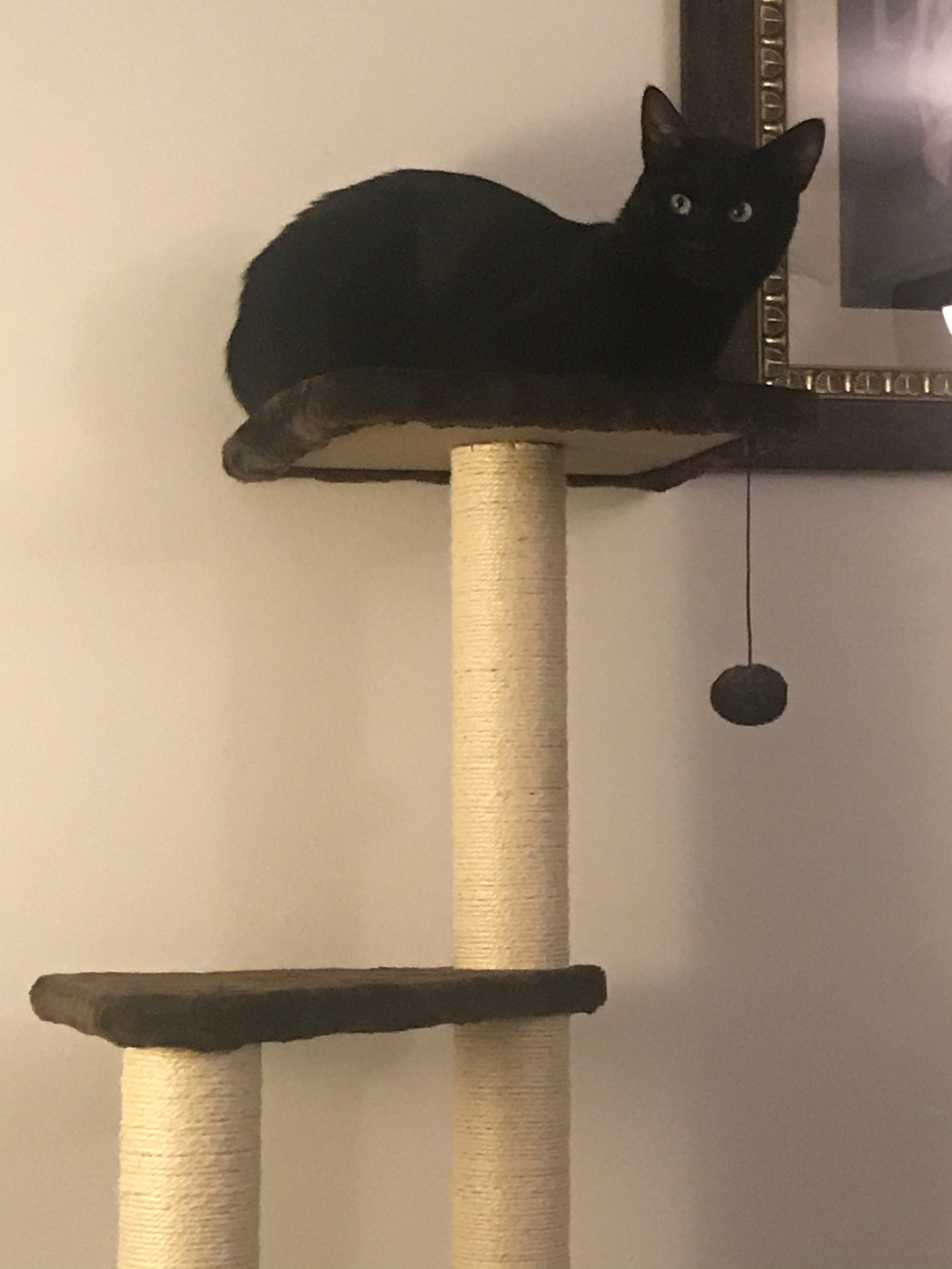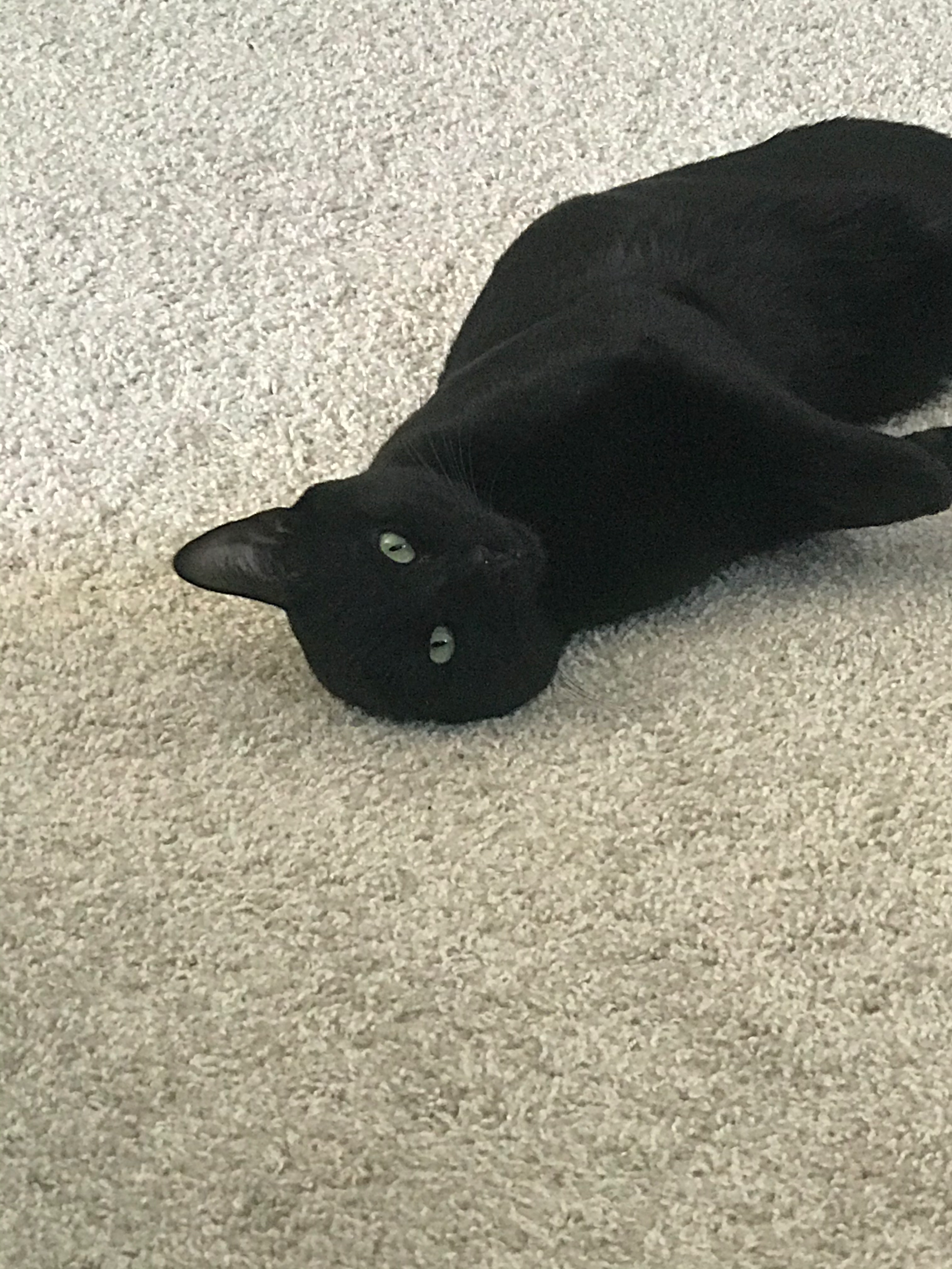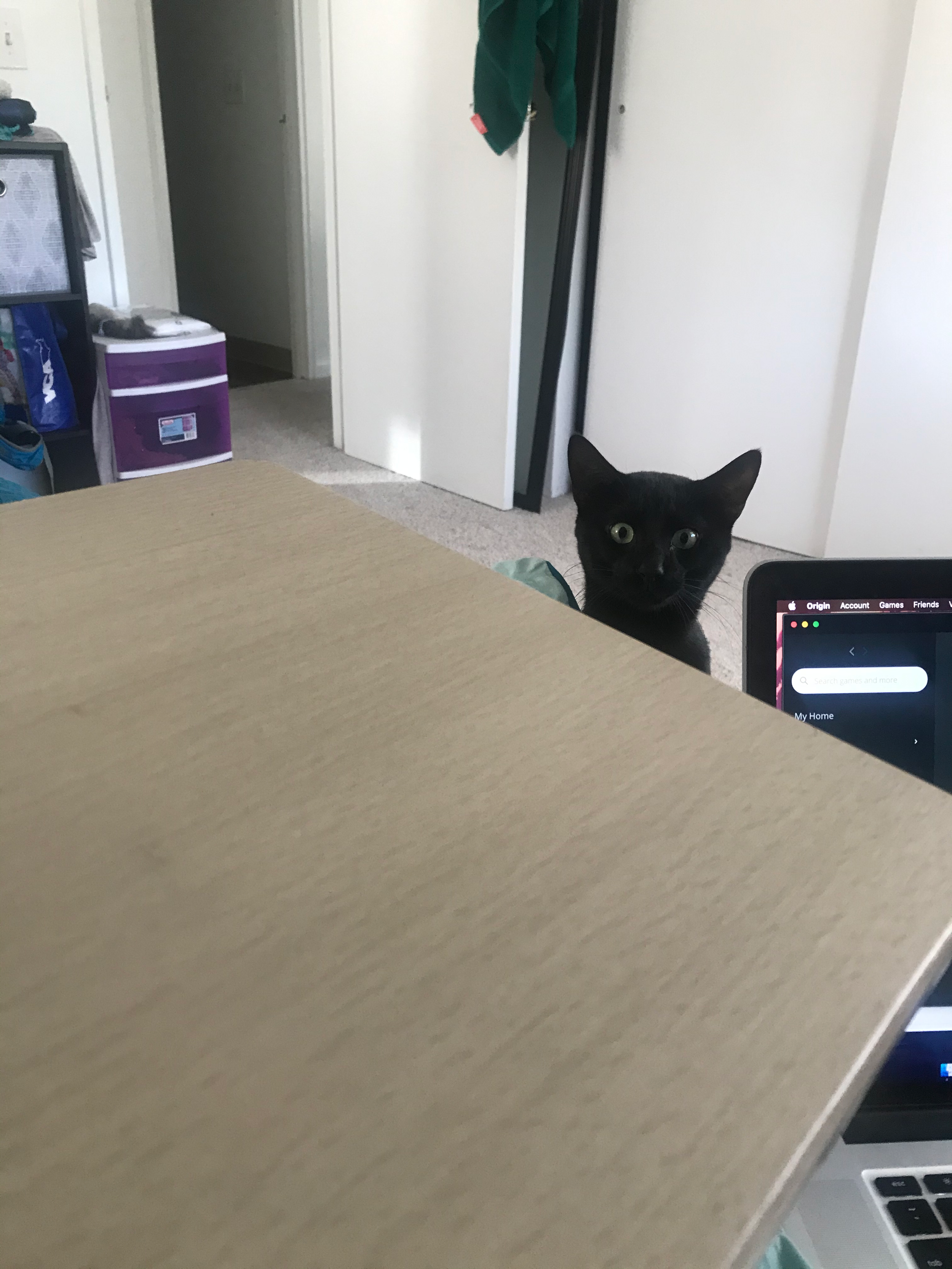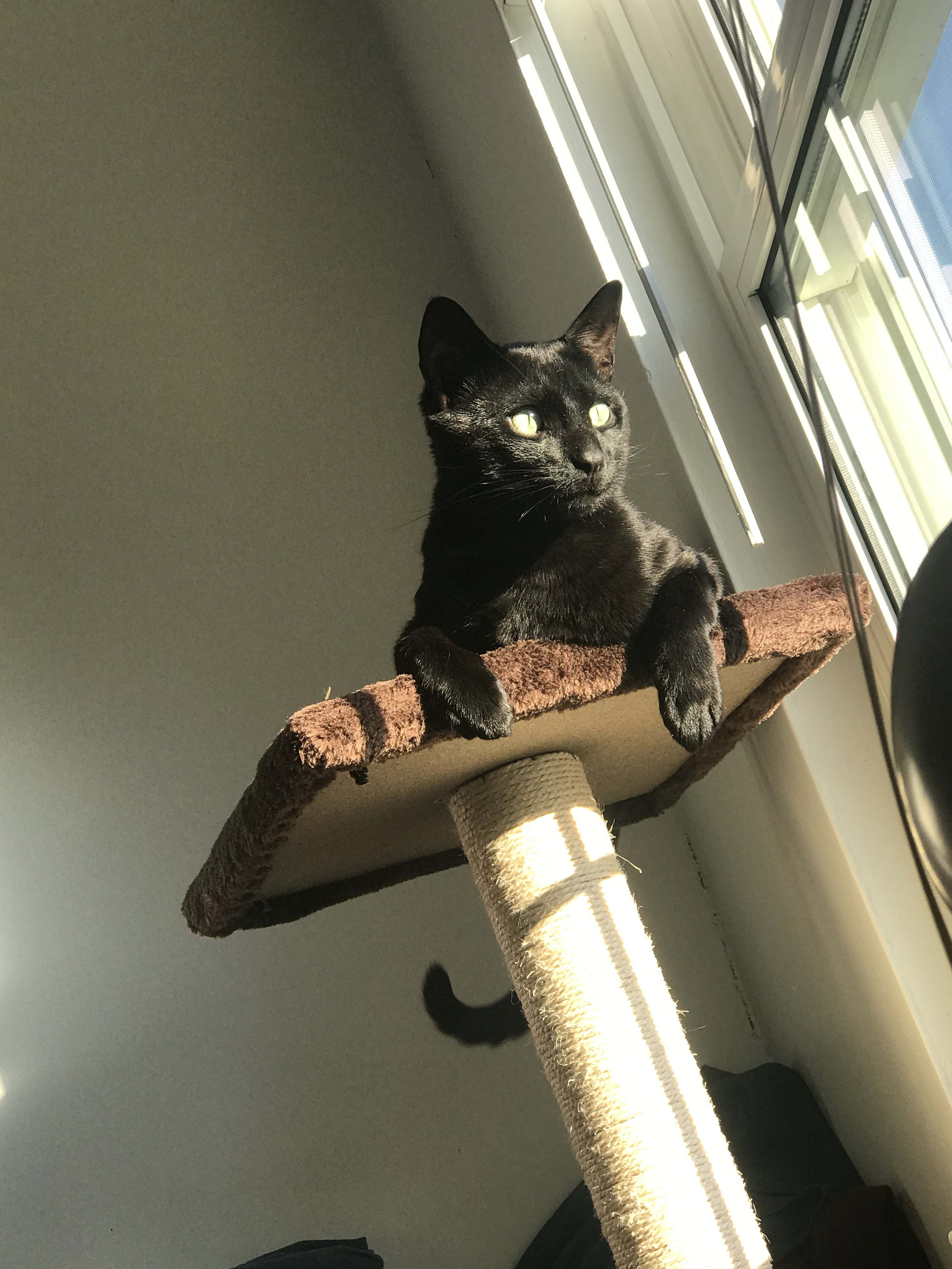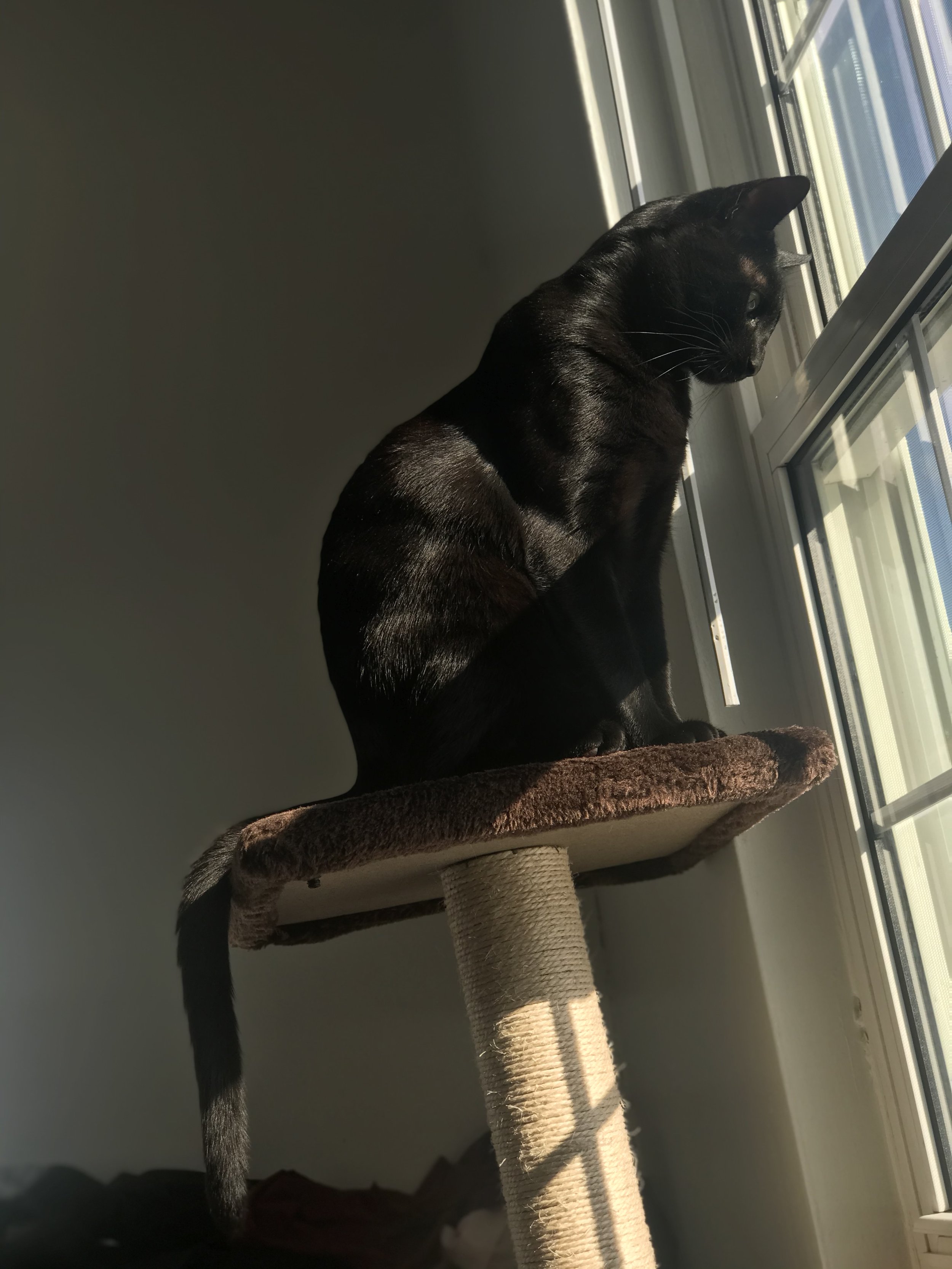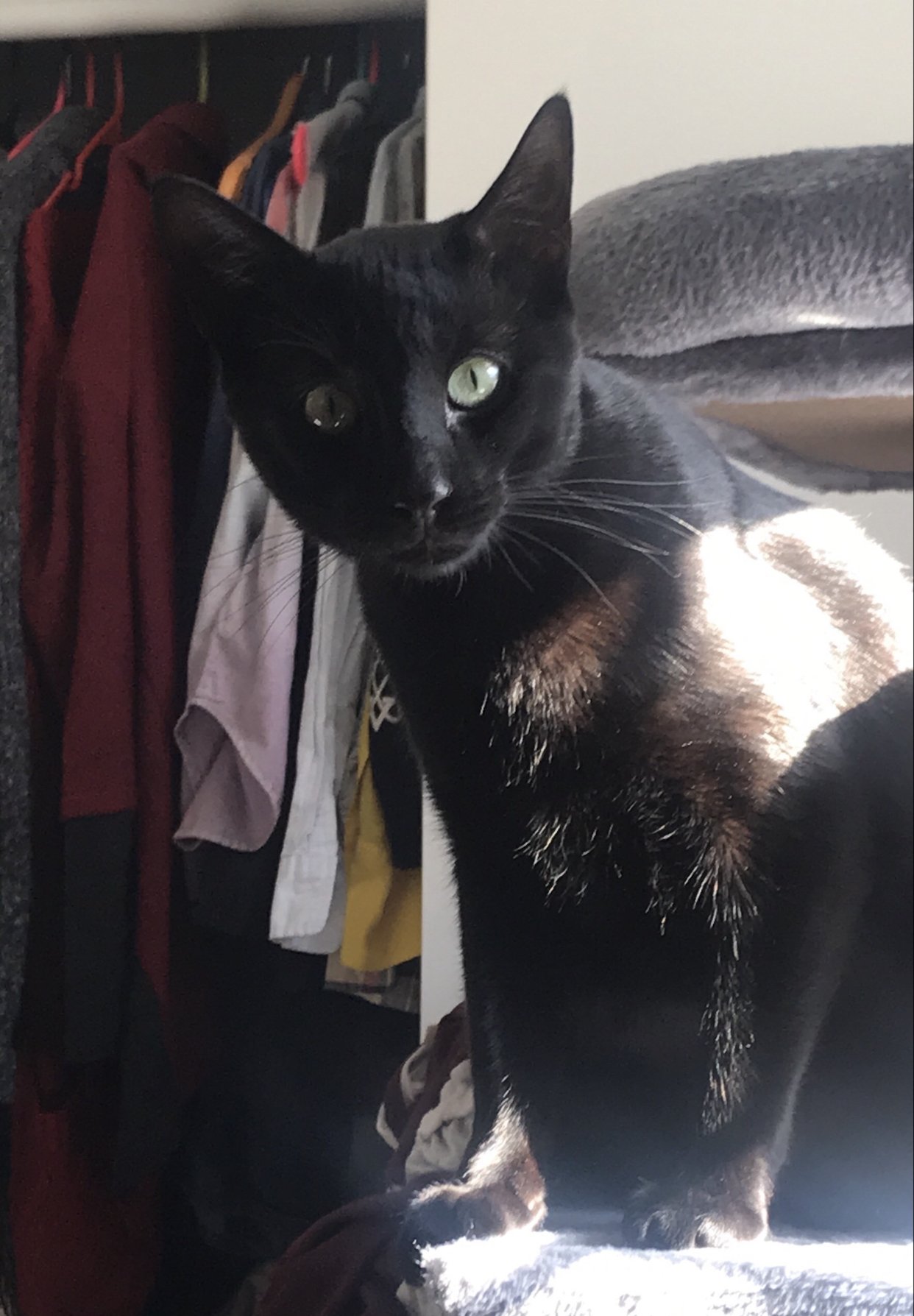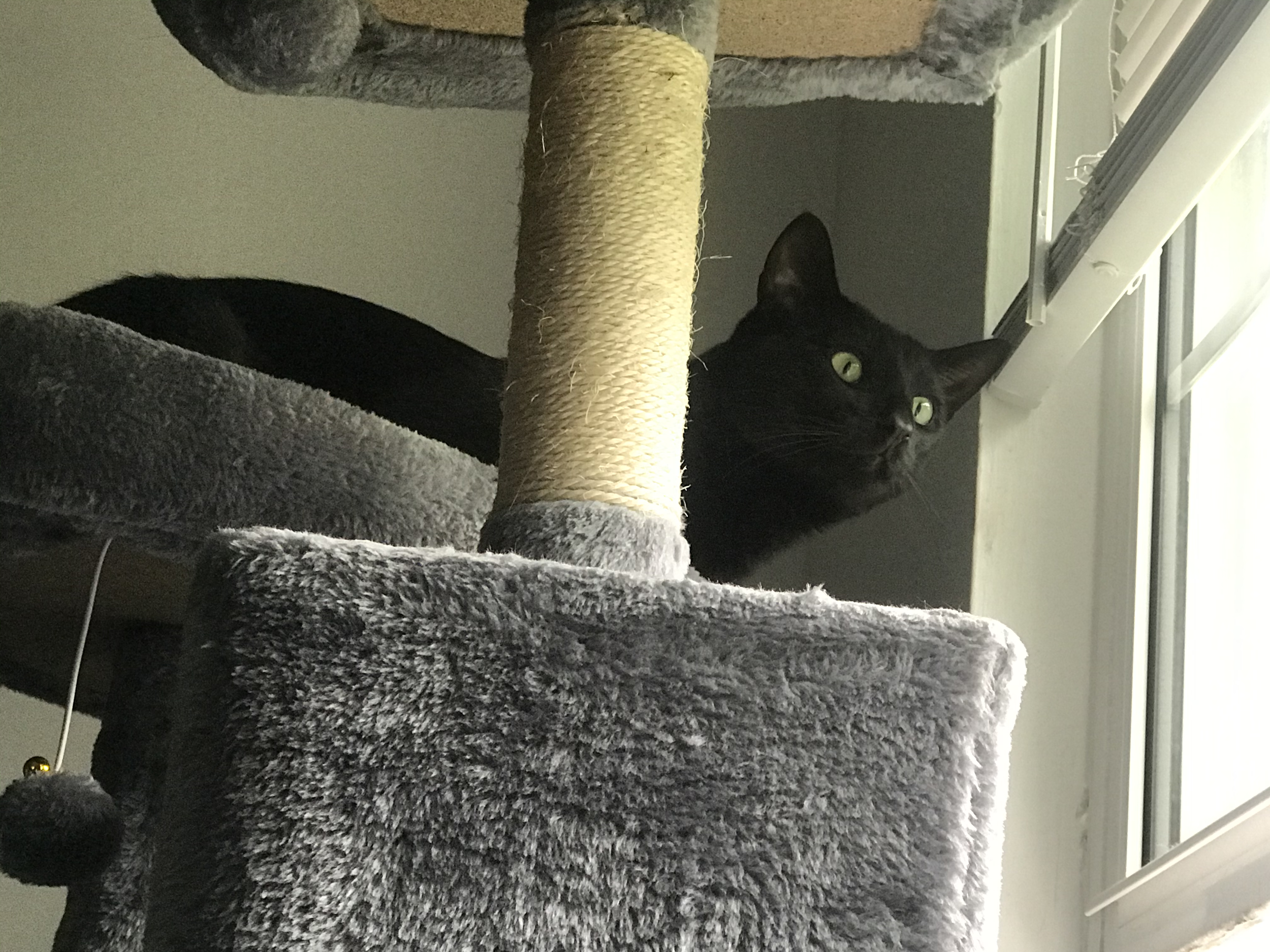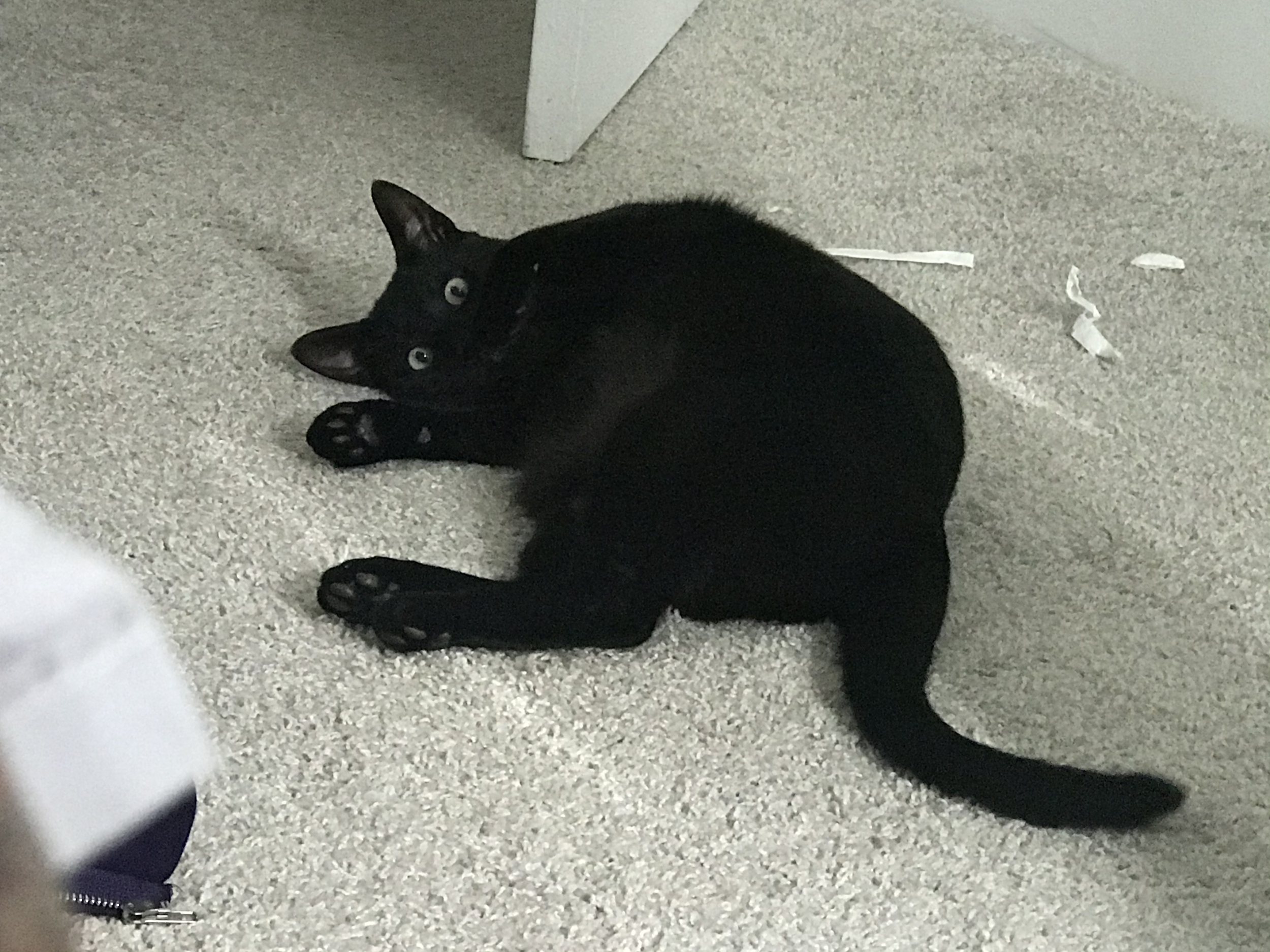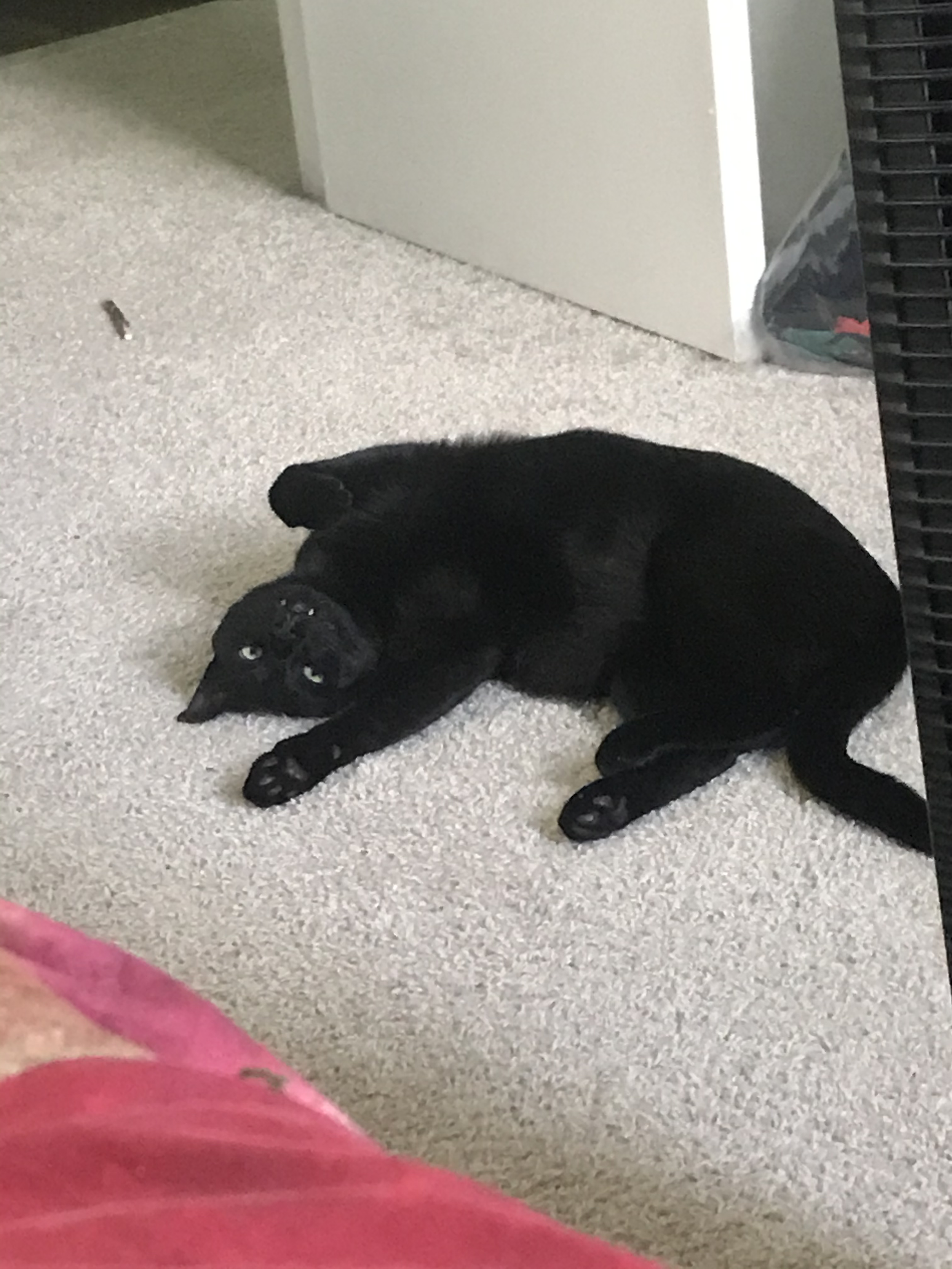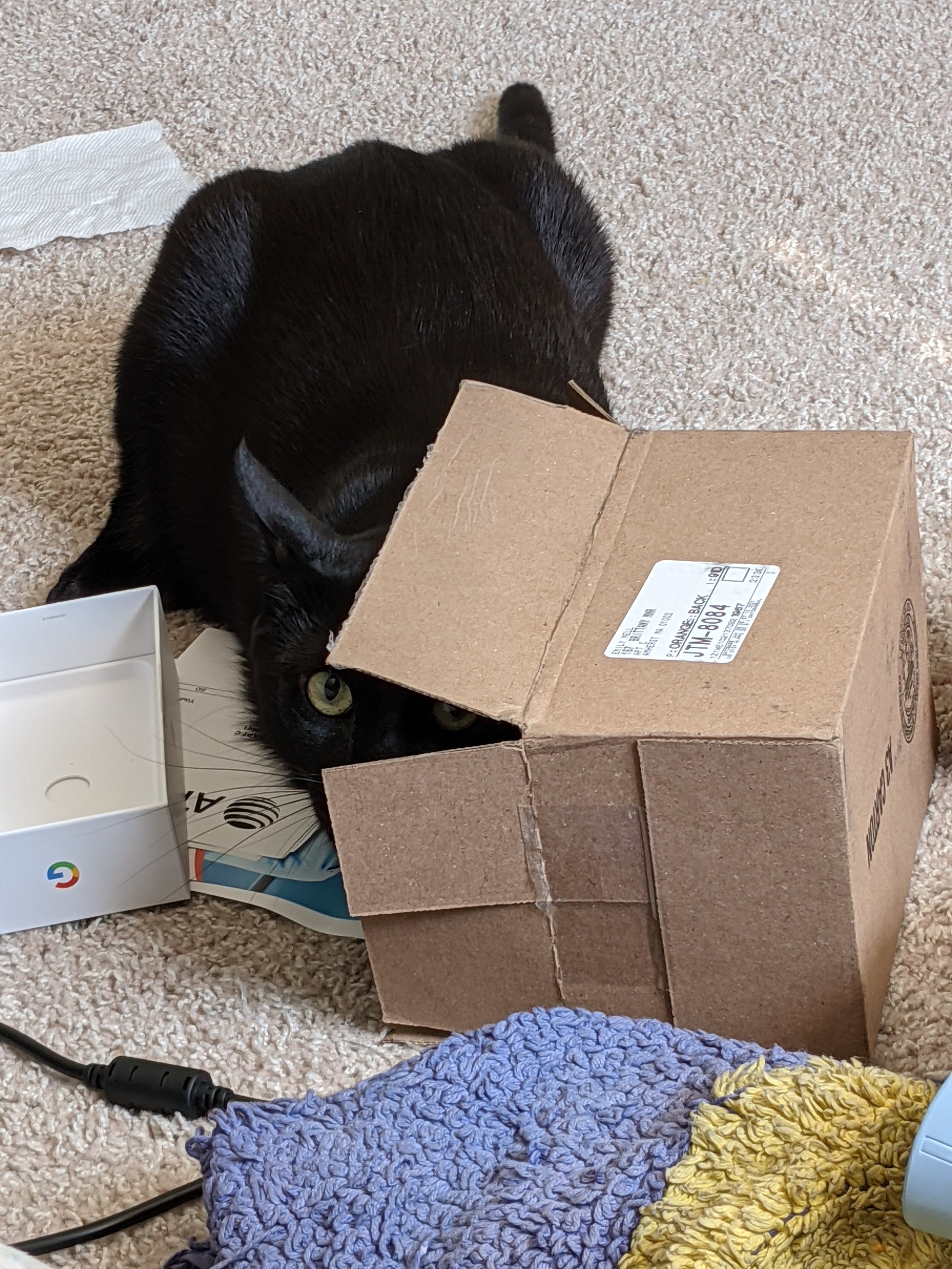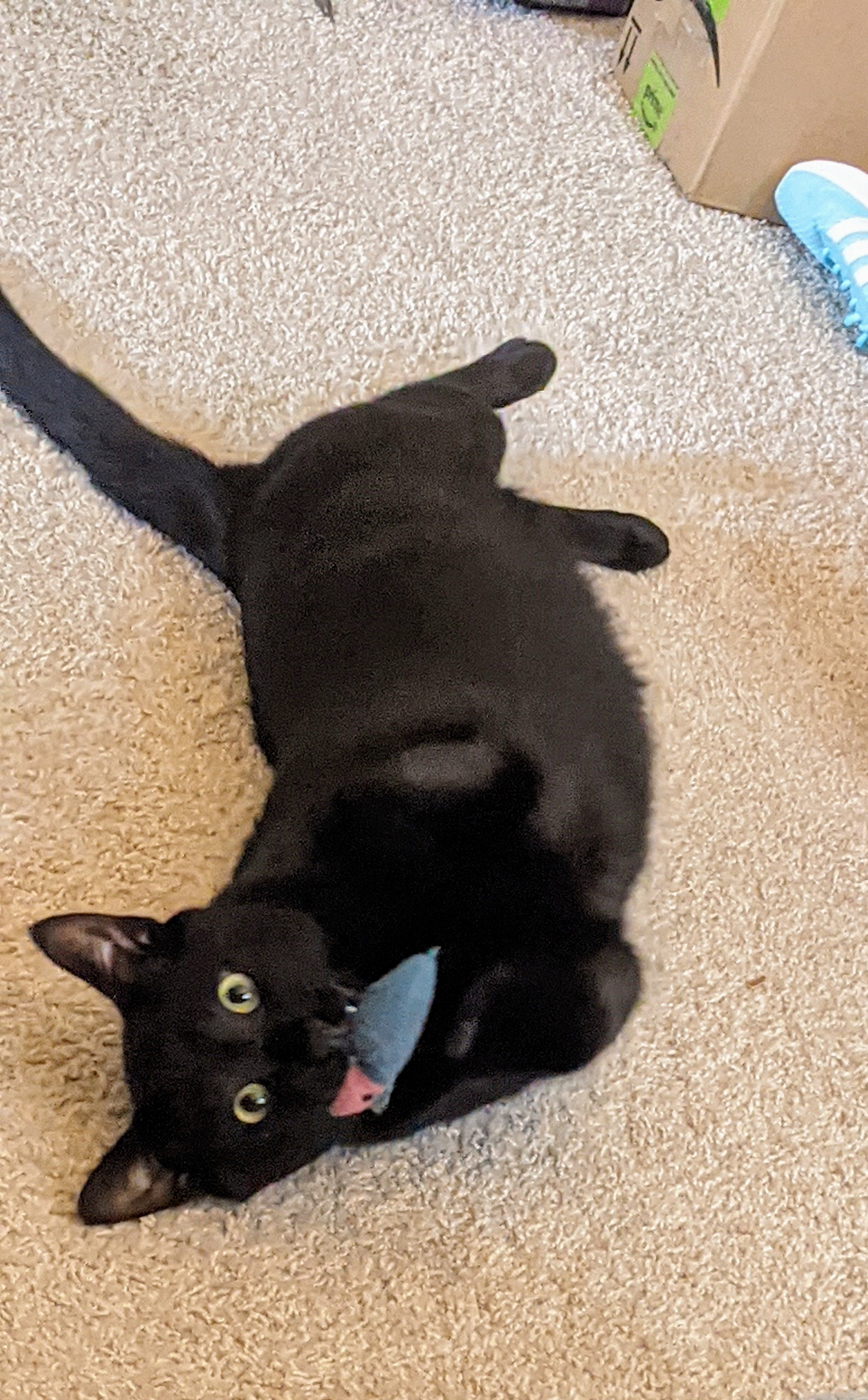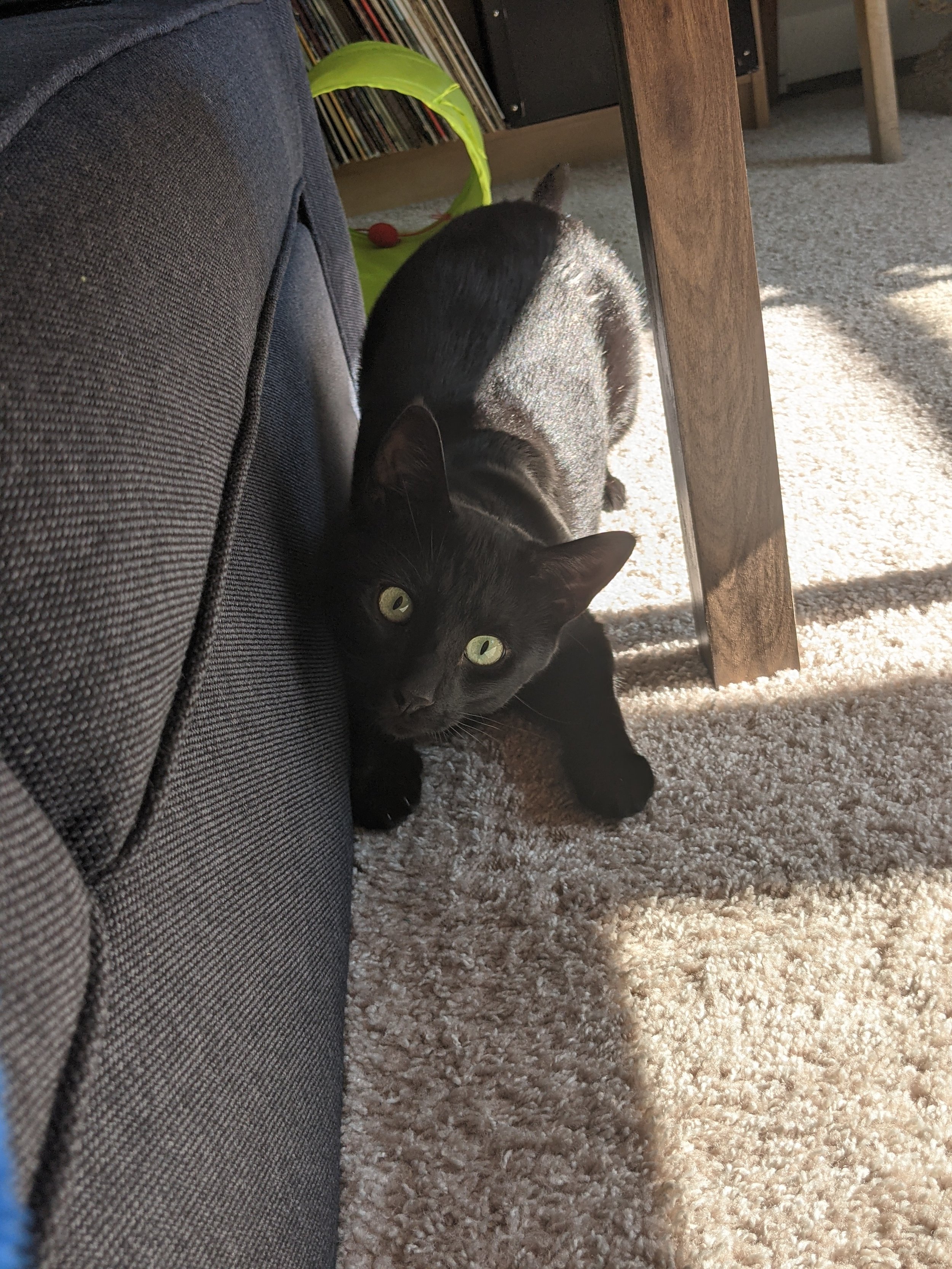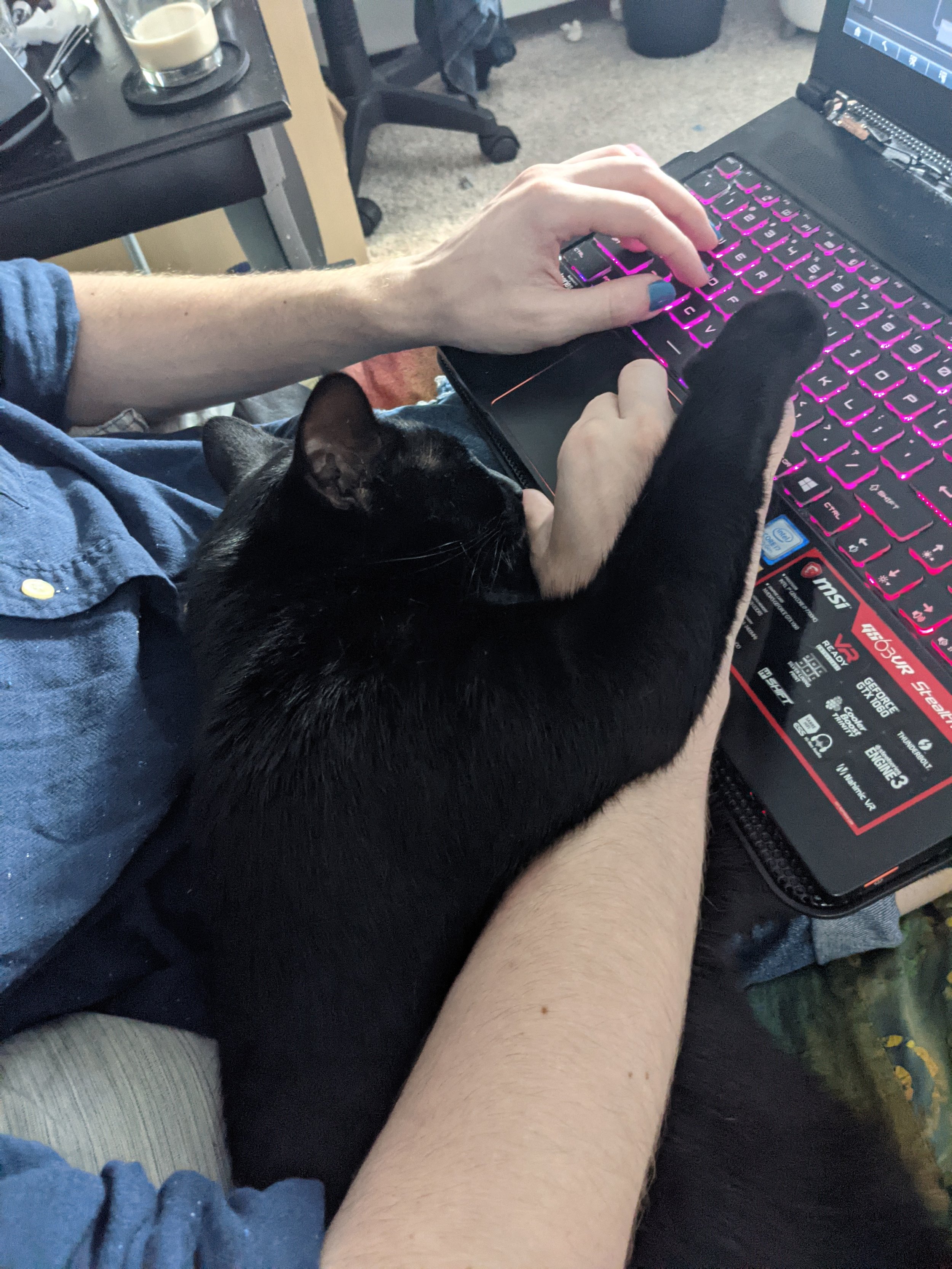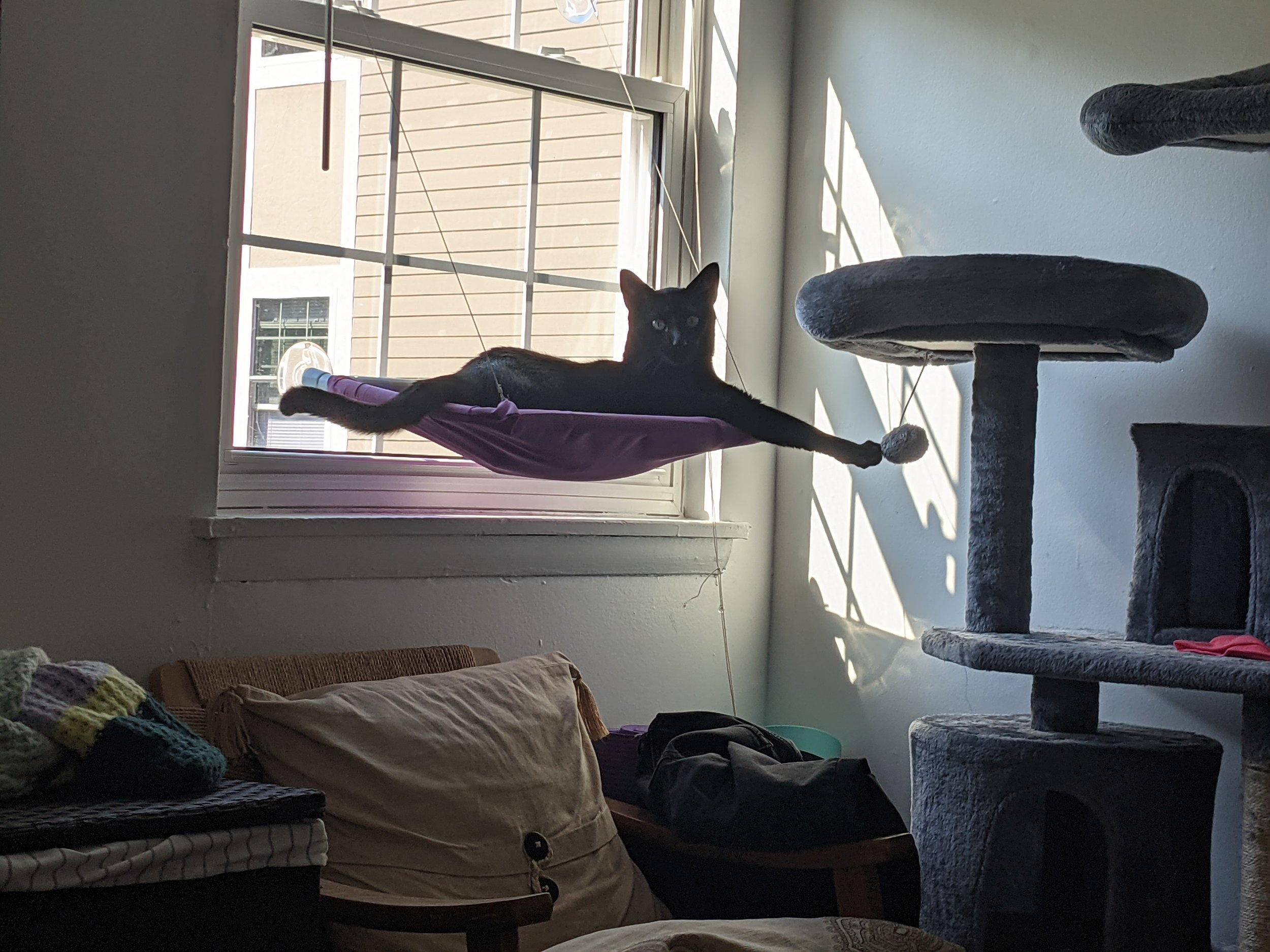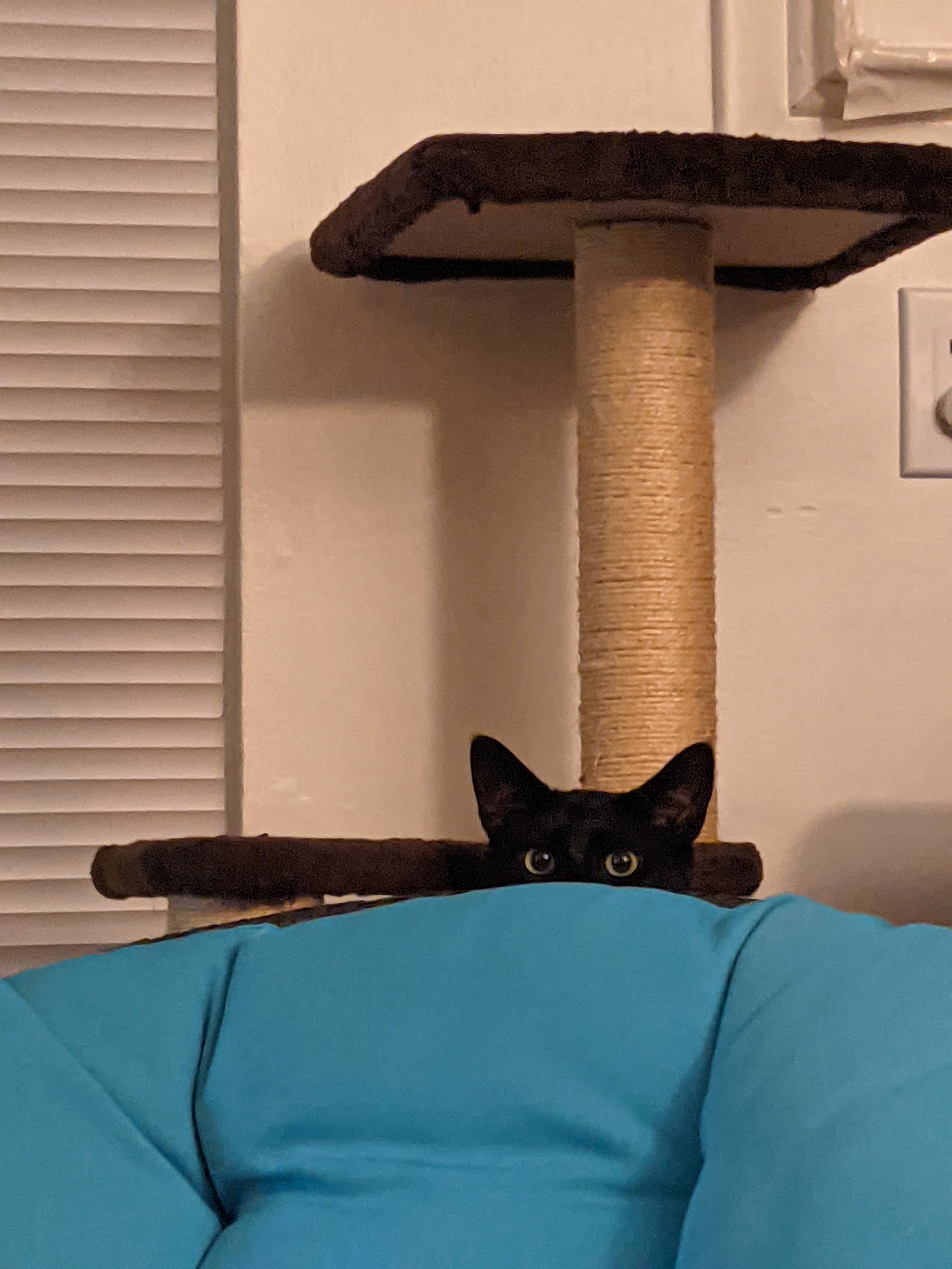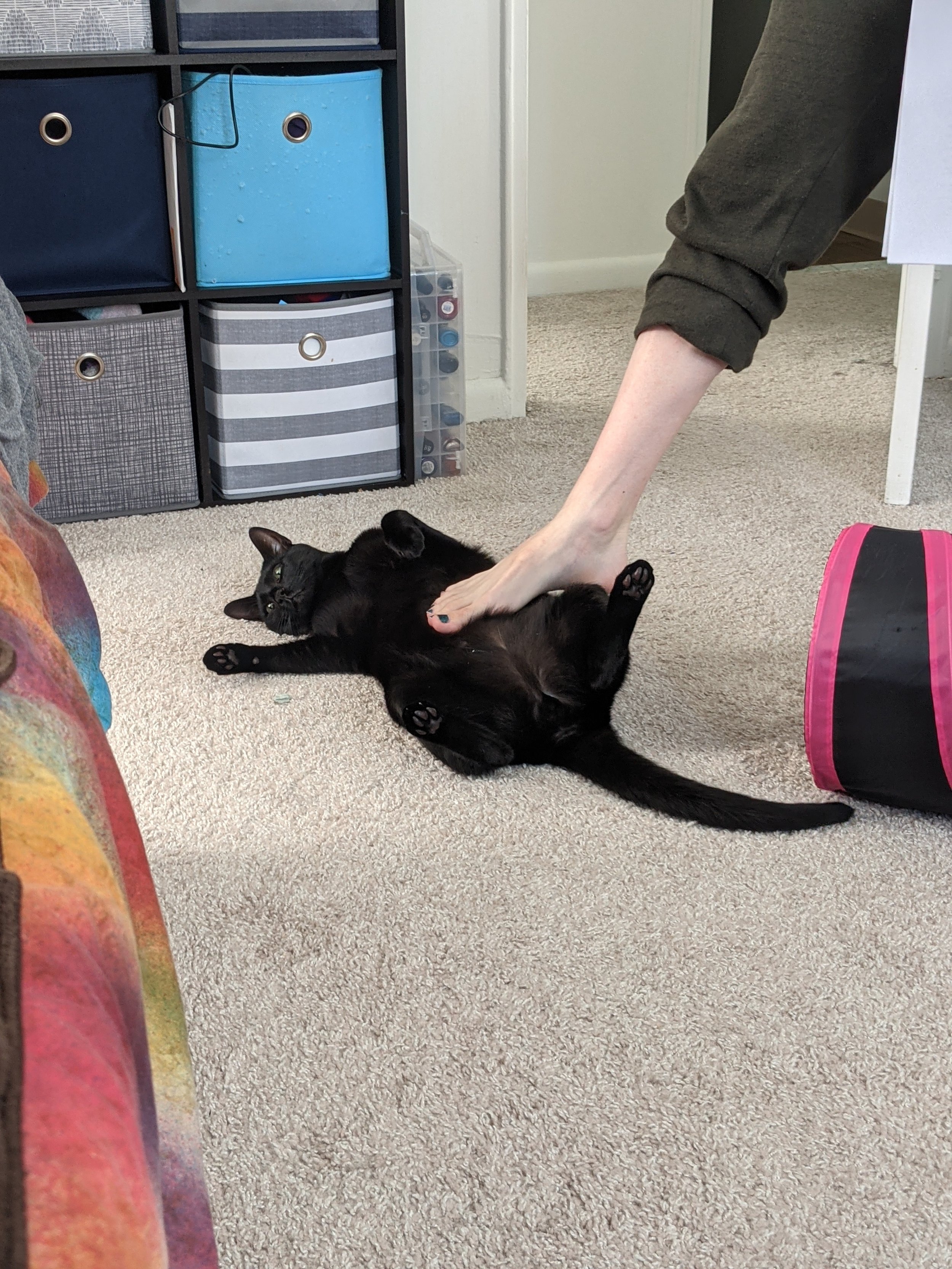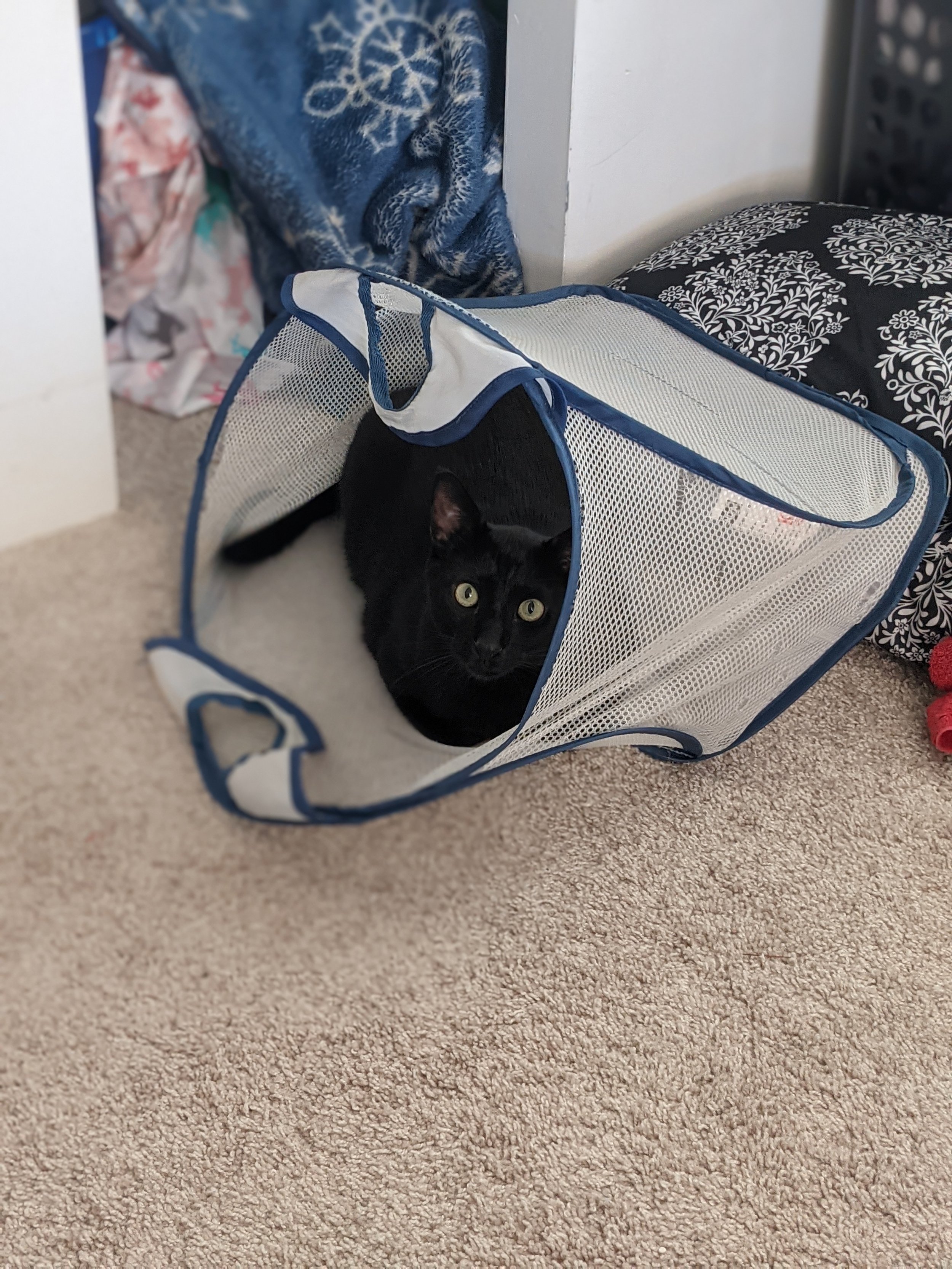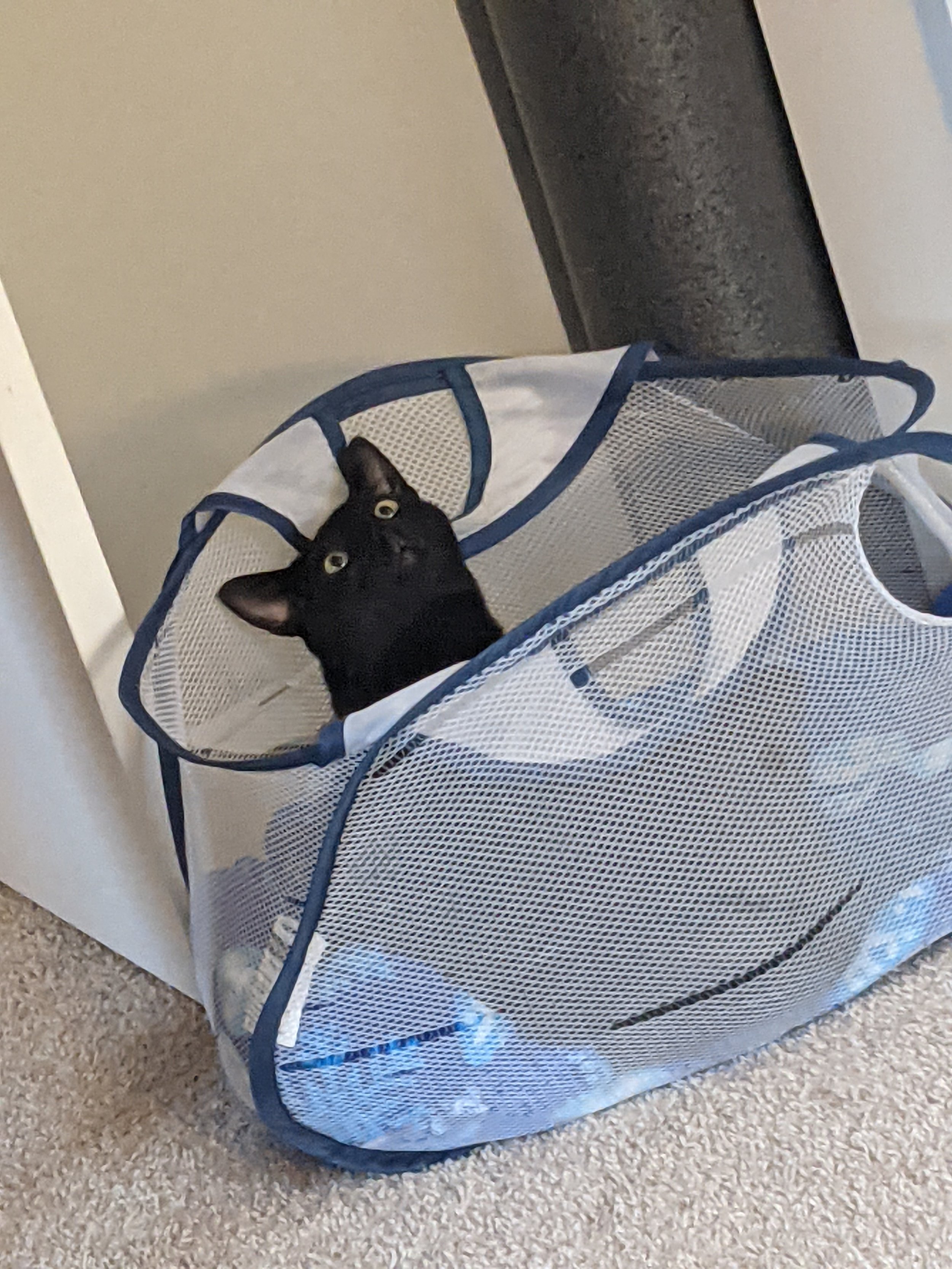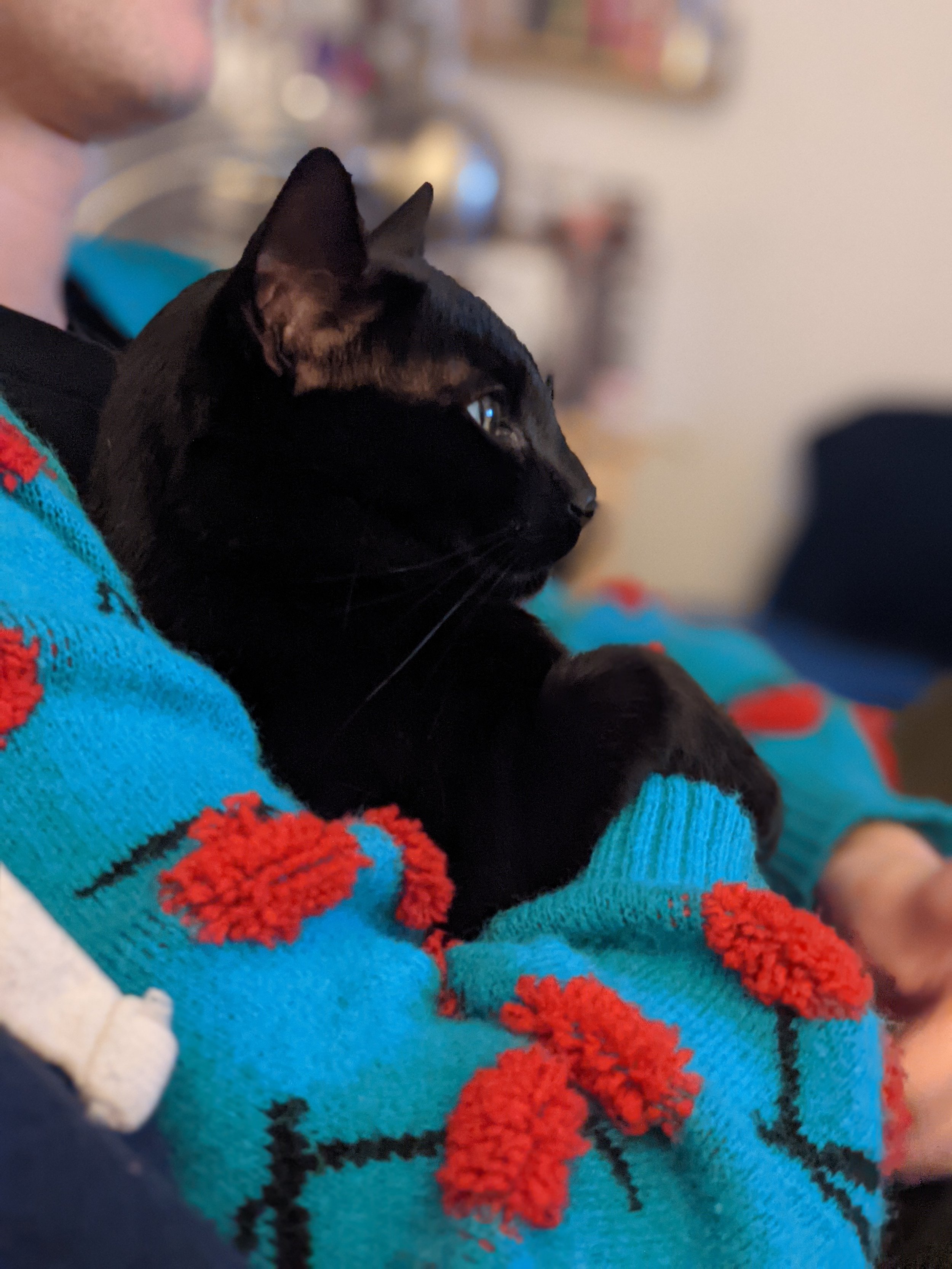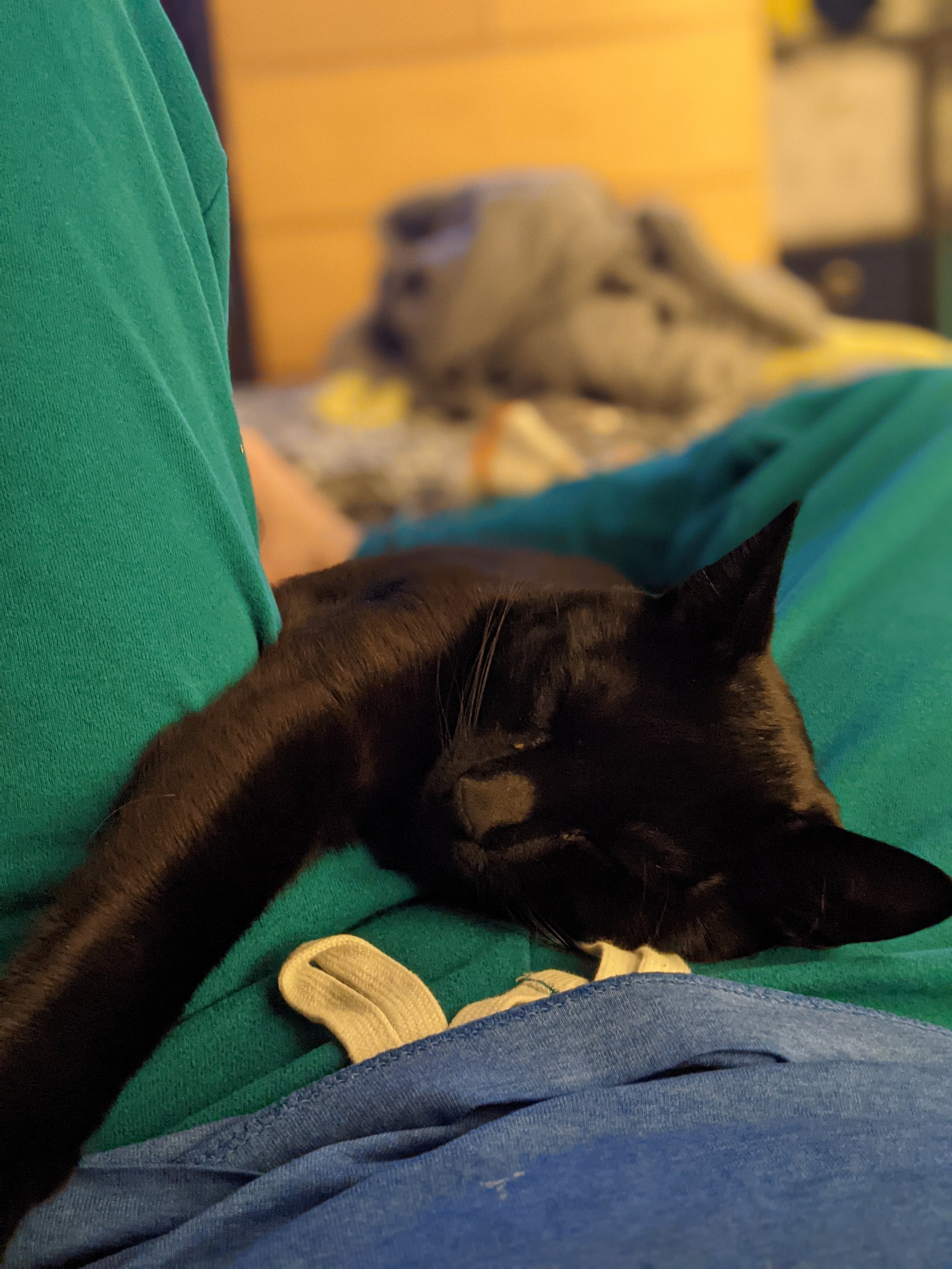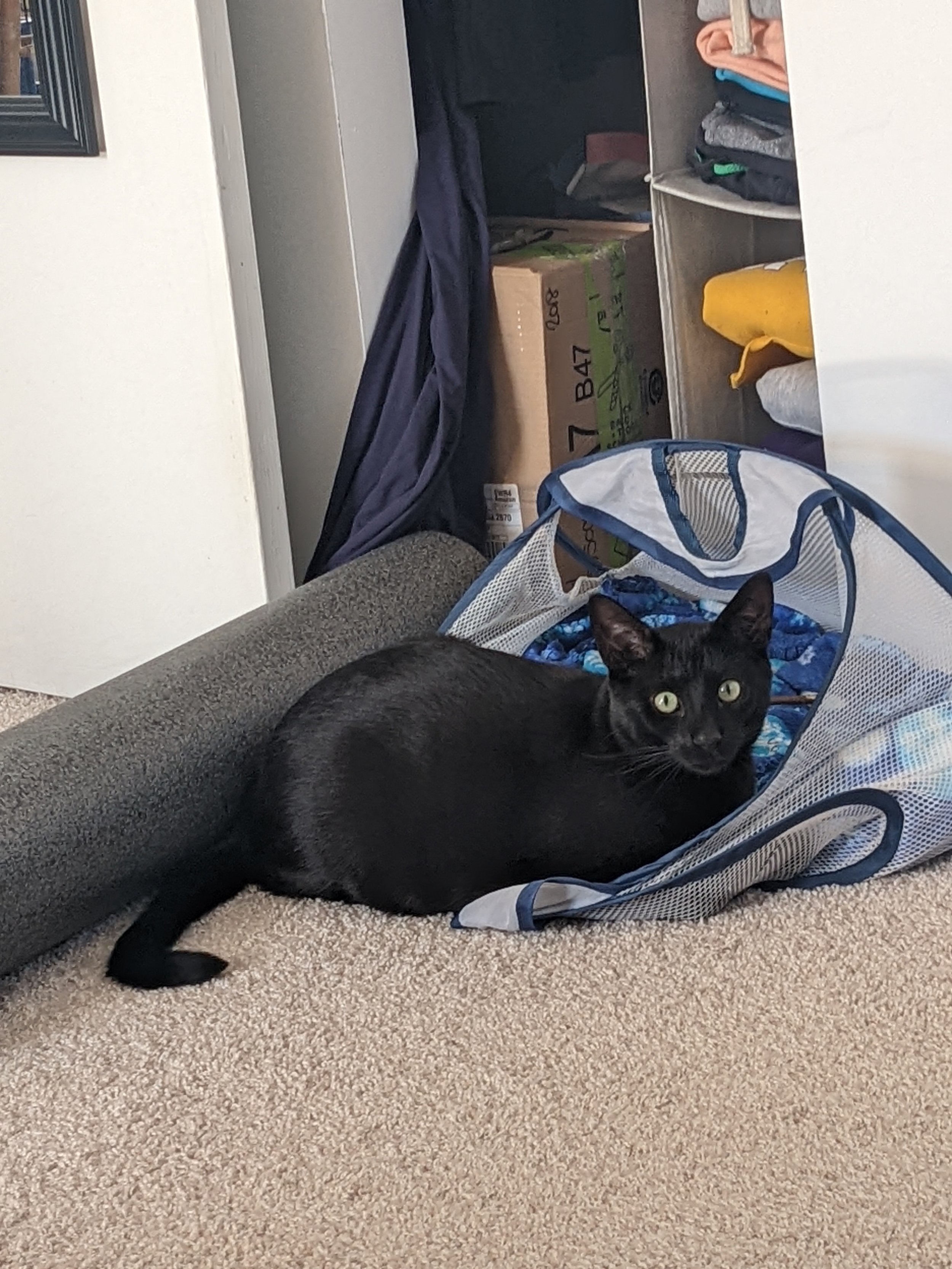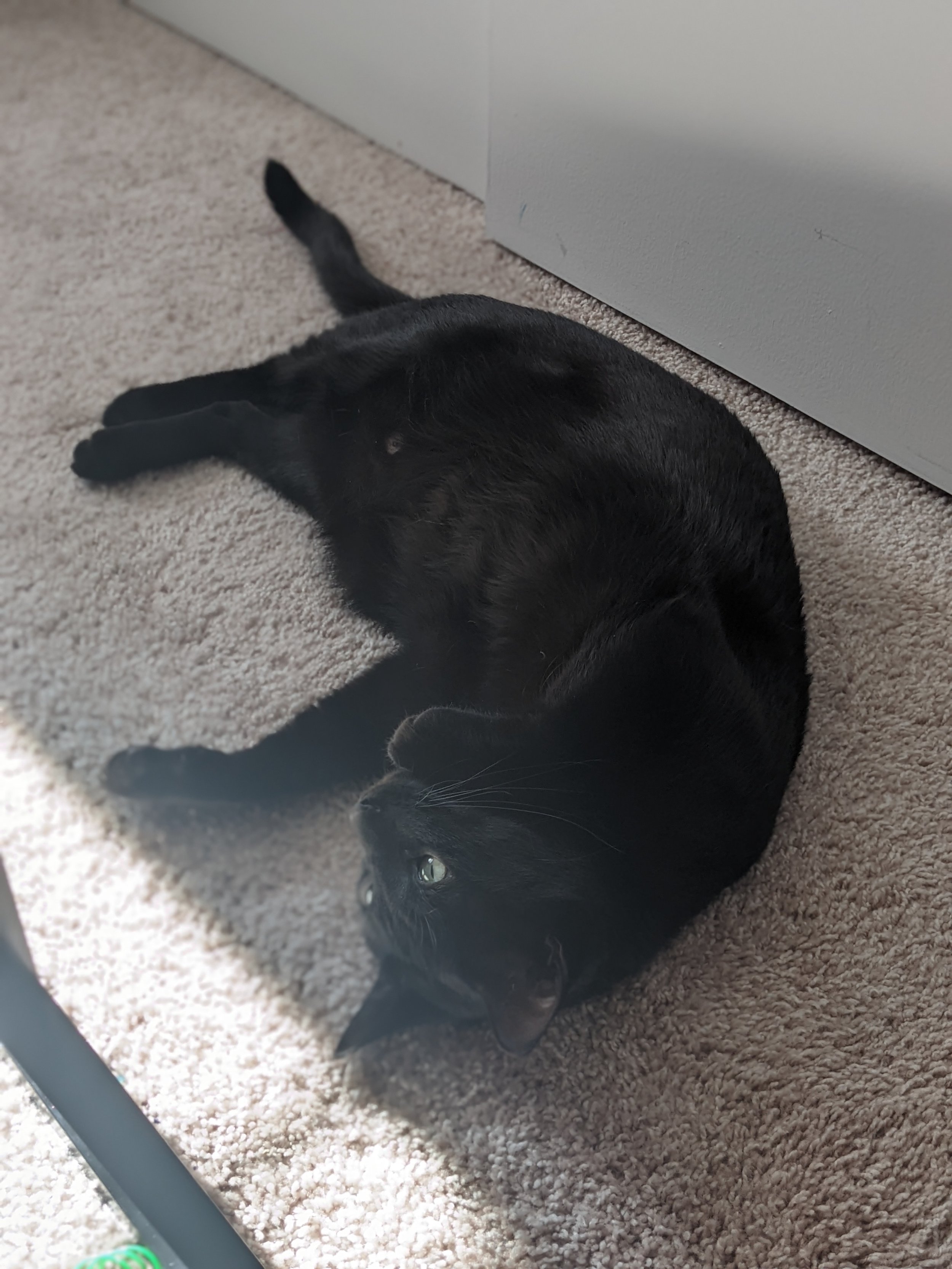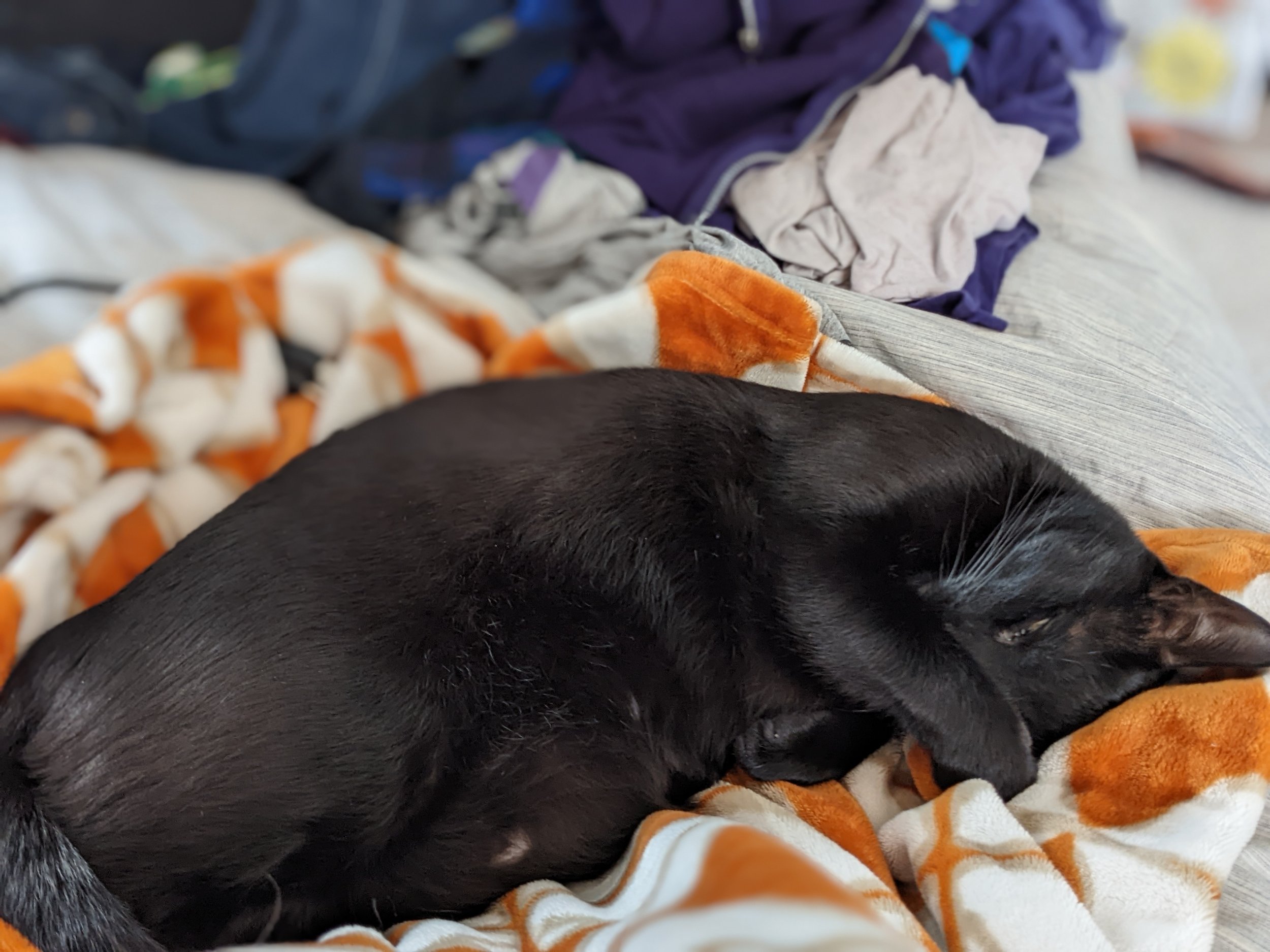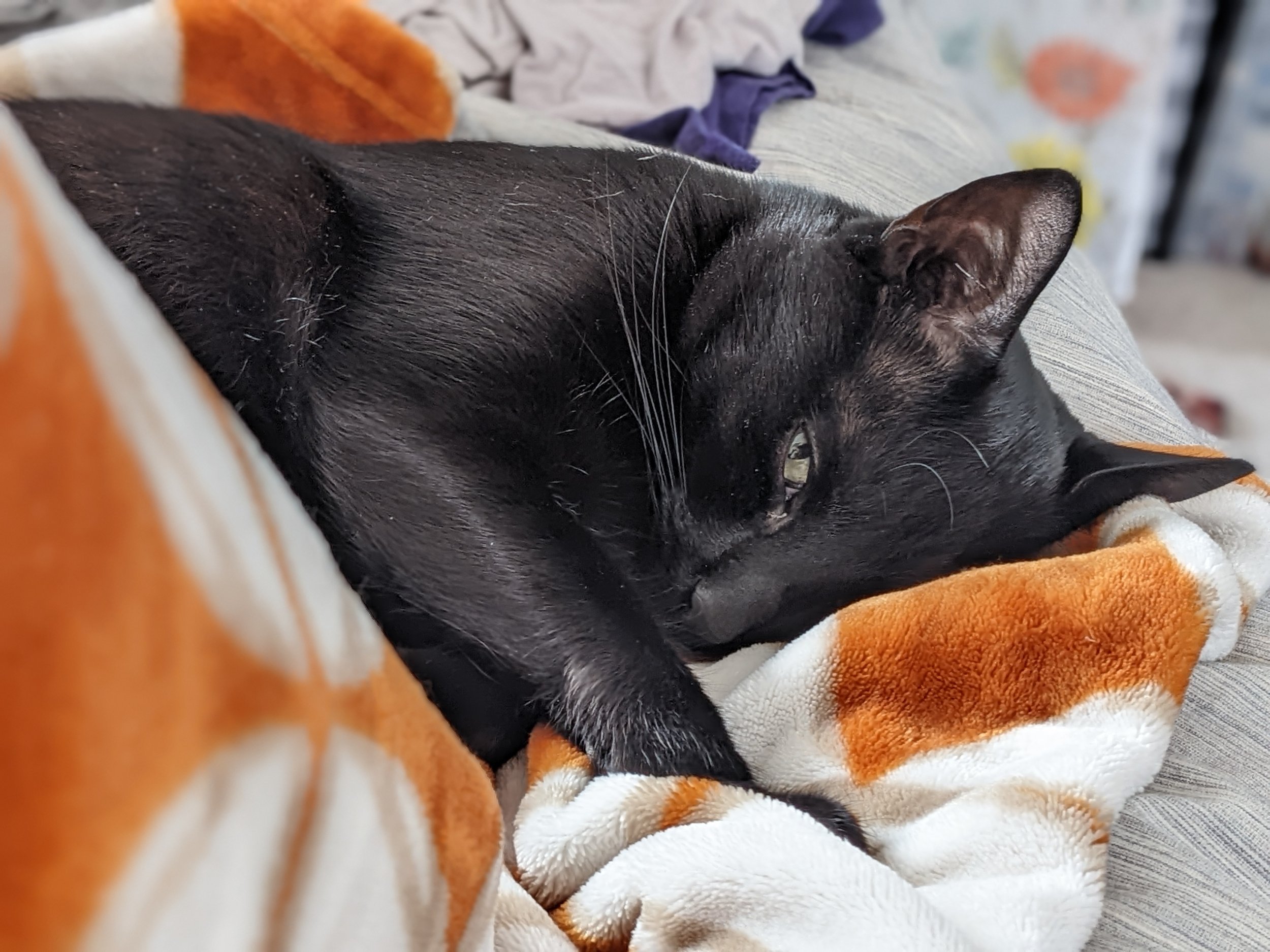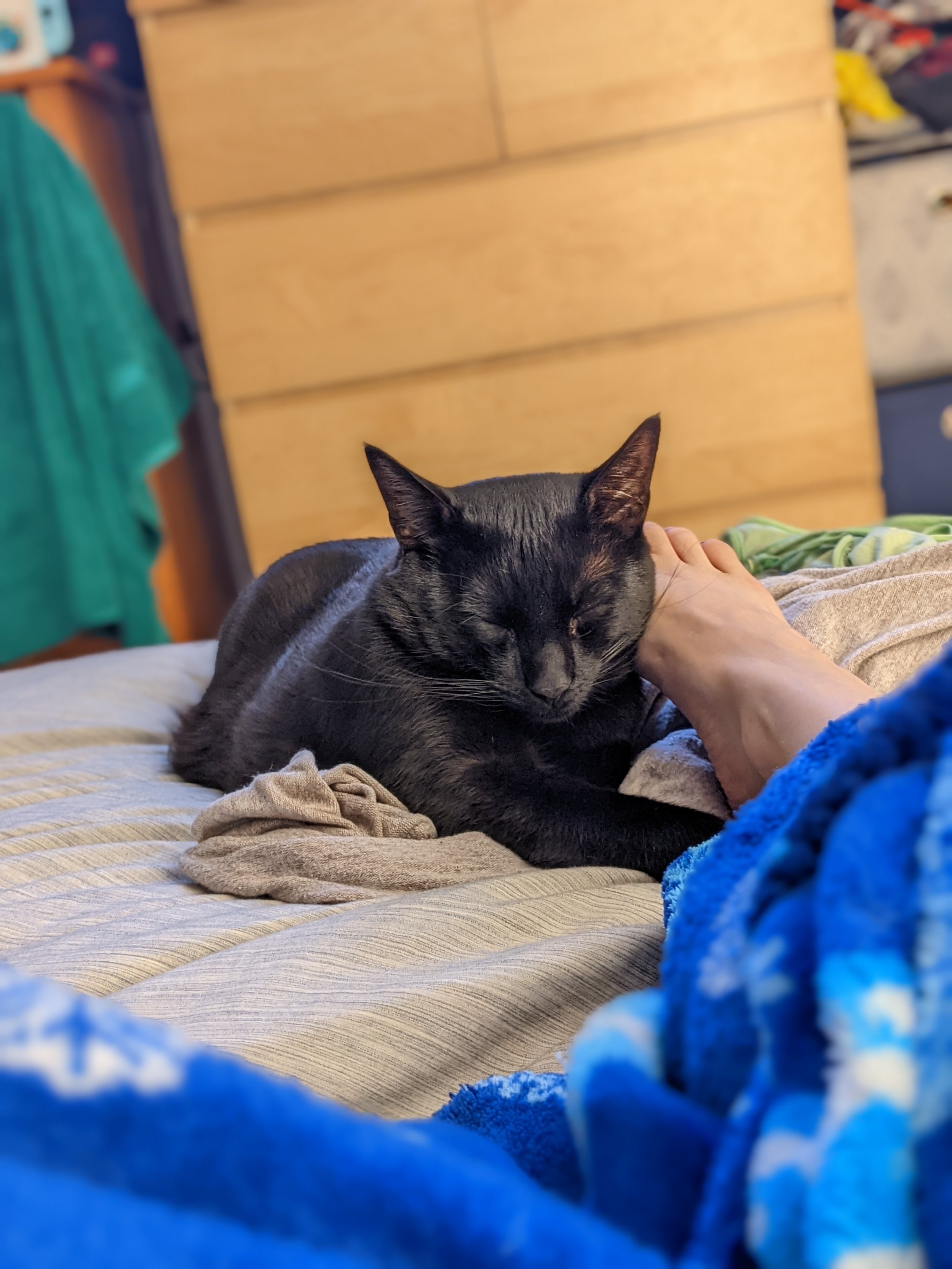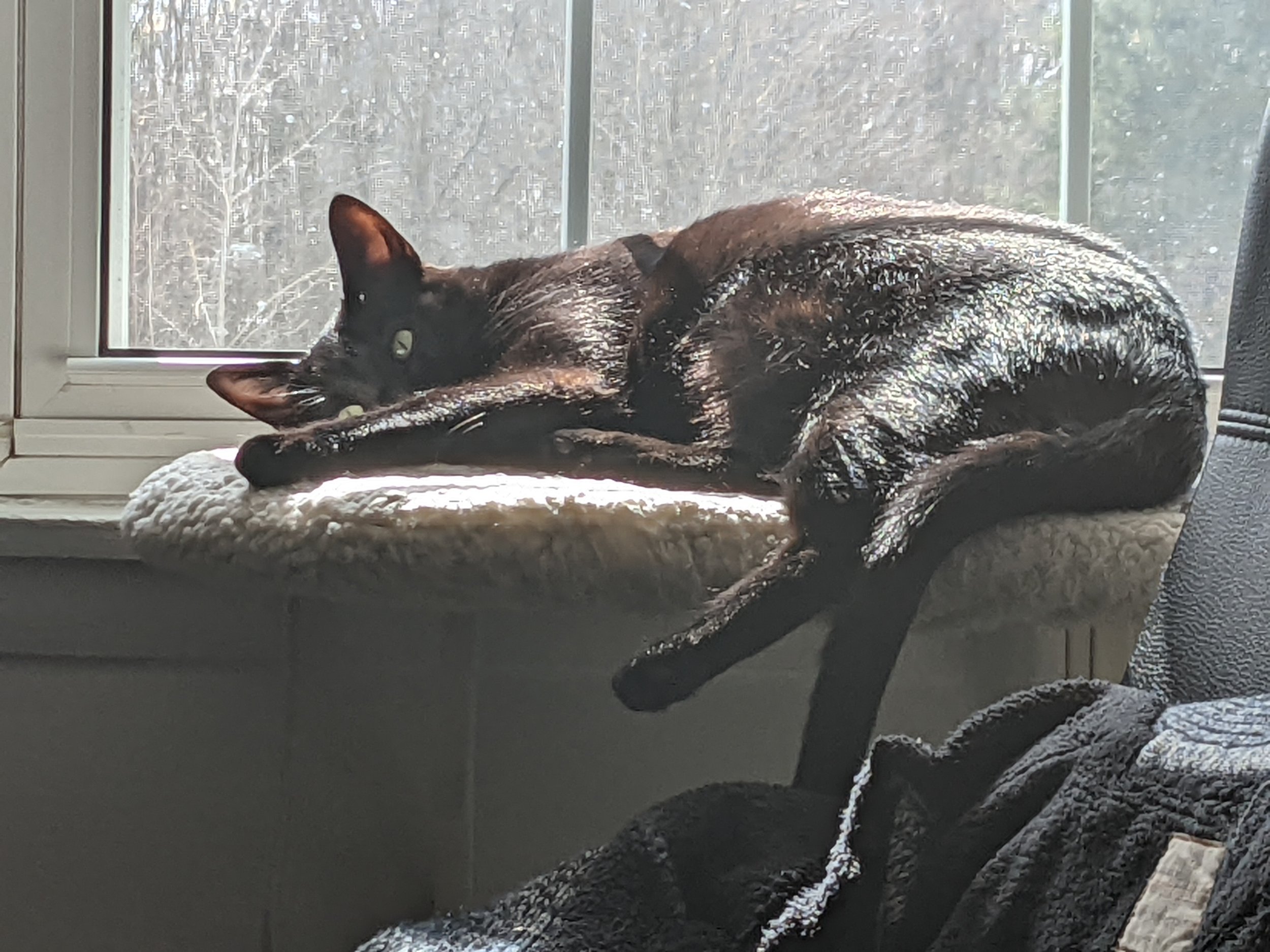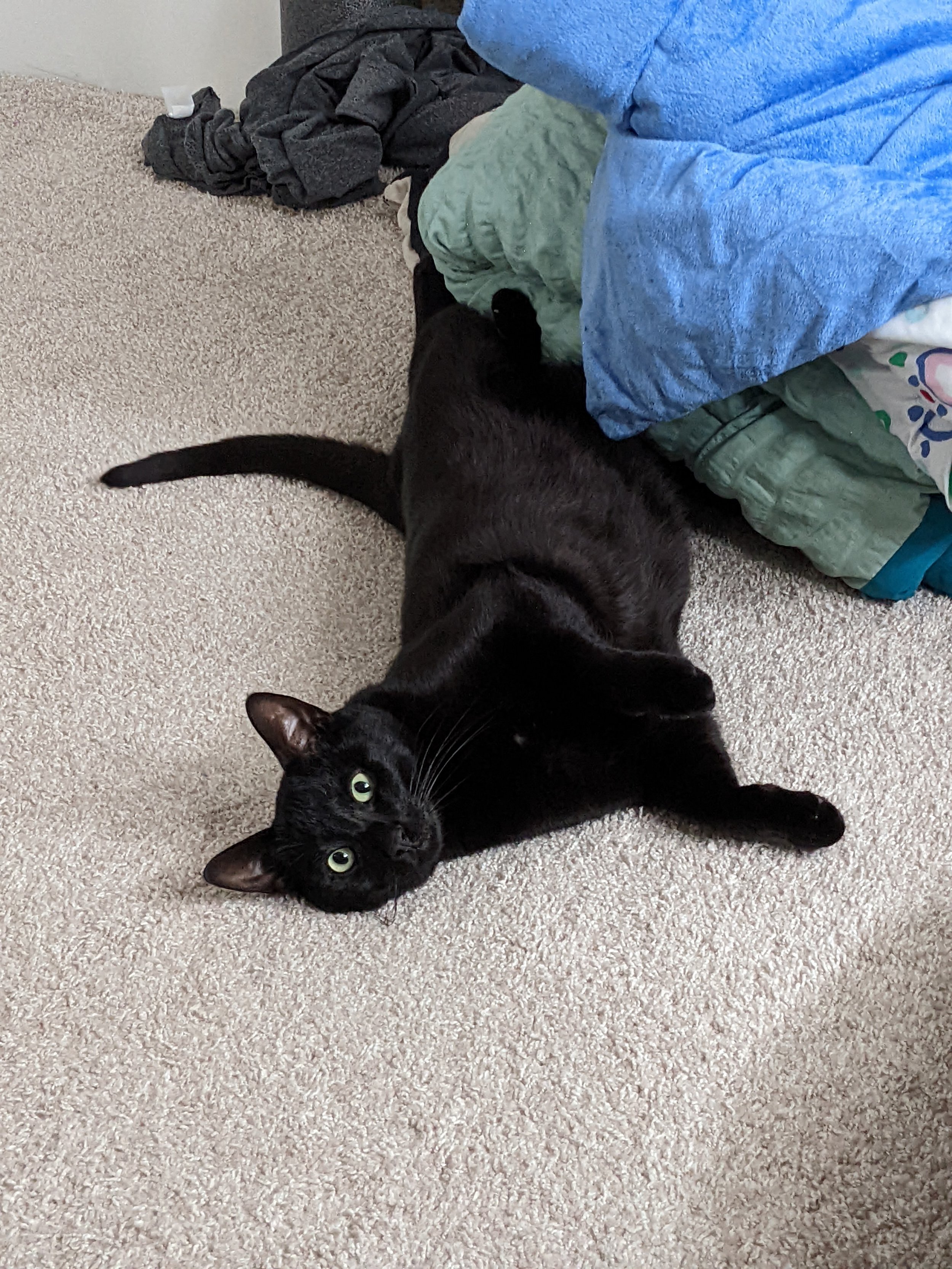Published in January 2021, Stina Leicht’s Persephone Station is a feminist-leaning space opera destined for the big screen. It’s got all your standard-issue bells and whistles: Characters with questionable morals (and most of them the [main characters] female or nonbinary), corporate politics, murky science and good old-fashioned action-movie mayhem.
Persephone is a relatively small planet with a difficult ecosystem that keeps the city of Brynner compressed into one tight little area. Insane storms, murderous flora and fauna, the works. Persephone is also "owned” by the Serrao-Orlov corporation, which both is and isn’t indicative of where this book decides to go.
The company is under new leadership, and Vissia Corsini is—you already know—a horrible person who must be stopped before she goes too far. Well, too much farther past too far, because she hits “too far” in the first chapter of the book when she bombs an indigenous settlement because they won’t give her what she wants.
Serrao-Orlov is allowed to “own” the planet because it is listed as lacking native sentient lifeforms to claim it themselves. But for a species to own its own planet, it must register as a galactic resident and go from there. Persephone’s inhabitants didn’t want to reveal themselves for various reasons, so they struck a deal. But now it’s being violated, and further strained, and thus we have our context.
Okay. Next layer: Rosie is the owner of a bar where the crime bosses recruit and mercenaries-for-hire hang out, etc. There’s a more respectable business front for tourists, but even the book doesn’t care. Rosie hires Angel de la Reza and her crew for a protection job that looks like a suicide mission.
Persephone Station has a large cast of characters, to whom we are introduced in rapid, jarring succession. Leicht alternates character POVs across chapter breaks, with three primary perspectives on rotation. Rosie, the aforementioned bar owner and essentially mostly ethical crime boss. They are a key orchestrator throughout, a mover of money and holder of binding contracts. Angel, a former marine who’s died at least a few times, now leads a “band of beneficent criminals, wayward assassins, and washed-up mercenaries” on a ship named Kurosawa. Angel’s team includes Sukyi, who is sick and understood to be dying; Lou, a daredevil pilot; and Enid, a talented sniper. And Kurosawa, which is also the name of the AI (she also uses AGI, but I can’t find the random location where she spells out wtf the ‘g’ stands for, so happy hunting) powering the ship.
(“Revivification” is a realized technology in this universe, and often used in military kerfuffles, but there’s no significant discussion over how or if civvies get the ol’ necromancy experience or if they’re stuck with “sucks to suck.” Revivification also comes with health issues and can only be done so many times; Angel has to take meds for her resultant seizures and migraines, for example.)
And then there’s Kennedy Liu, who is more than she says she is—which is to say she is an AGI illegally living in a human-looking body and she needs to ensure nobody notices. Her ‘mother’ was recently murdered in her lab.
Here’s the long and the short of it: Persephone Station frustrated the hell out of me and was an unfortunately disappointing experience. The book itself feels very shallow and detached from its content, as if Leicht watched a movie in her head and just wrote it all down. At no point was there content in this novel that would be impossible (even difficult) to portray or convey in a video format, which left me feeling a little cheated at regular intervals. And, while on the topic, there were a number of “transitions” between scenes—and a few chapter breaks in particular—that felt a bit trite, a la sci-fi history. Others were jarringly abrupt, some of which were the most egregiously action-movie-esque, in my opinion, forcing a really unnecessary cliffhanger.
I don’t want to shame people out of acknowledging film as a key source of inspiration and even, to some degree, a narrative reference point. But the problem is that books and movies are not structured the same because they don’t function in the same way. A movie has a very limited time frame it can fill and must condense or conflate bits to accomplish the same goal, whereas a book doesn’t experience that constraint and can dive into the really cool moments and technologies and such. But, Persephone Station doesn’t really have anything that exceeds the confines of a movie, which leaves for a somewhat hollow experience.
That said: It would make a fantastic movie, and I’d watch the hell out of it. The narrative lacks depth and, while it’s clear that an effort was made to build complex characters, they all felt a little stiff and, in some cases, lean a bit too hard on some tired clichés. I was deeply frustrated by this book for a lot of reasons, not the least of which because the concepts and general themes are pretty on point and compelling, and the book just failed to deliver on them. I was so ready to love this book, but it just really let me down.
Honestly, this might all have been more bearable if the text itself had been better. It was inconsistent both in terms of punctuation and verbiage, and I had a lot of “Where was your editor?!” moments throughout. Hyphens where they shouldn’t be, two different forms of the same word—on the same page!—some awkward dialogue that just… isn’t reflective of how people actually talk. It’s hard to engage with the philosophical material presented in this book because its failings were too distracting.
The climax of the novel I also found frustrating. A little underwhelming and a lot cliché. But the end of the last chapter, pre-epilogue, did end pretty well. I didn’t enjoy the epilogue particularly, but I get why it’s there and like. Fine. But I remain disgruntled about the entire experience.
What wasn’t at all Leicht’s fault or responsibility are my complaints with the physical manifestation of the book. Rolling in at 489 pages (plus end pages, to 512), this book is padded with wide line spacing and massive margins. It did not need to be, nor should it have been, this long—again: not discussing the IP, just its vehicle. The cover art is incredible, but even the AI-in-a-body character doesn’t actually look like that, which is a ripoff. Gimme the edgy girl with circuitry in her face. I want it. I’m pretty sure she’s supposed to be Kennedy Liu
Anyway. Where I would normally dive into the themes and concepts, the position/argument/thesis hidden within the pages… there’s not really much to dive into. AGIs aren’t allowed to have bodies because they’re too powerful. Yes. Space structures are governmental bodies but planets are typically run by some corporation or another. Okay, sure, but ownership re: capitalism is a topic I’ve covered at length, and there’s nothing substantial to add here. Certainly not when that ownership is so easily contested or upended. Too much power drives humans out of their damned minds. Beating a dead horse. There’s not even any reason to dive into the feminist nature of the book because it’s so very straight forward and just simply built in. Book Riot was right that it’s wicked feminist, but I never had enough reason to fall in love with any of the characters. We just didn’t get enough about them, defended by them being mercenaries and therefore tight-lipped individuals. It’s not really good enough.
I give it three-ish stars. It was fine. I complained the whole time, but it kept me going with the smaller details, the little moments that suggested there was more to explore, more to see, and it was disappointing that Leicht never delivered on those moments. Would I recommend it to anyone? Sorry, but no. I would not. Would I go see a movie if someone decided to make it? Hell yes. Would I be anxious about casting decisions? Ohhhhh yes, so much. It would take the right director and a cast really committed to the fiction, but it could be cool.










